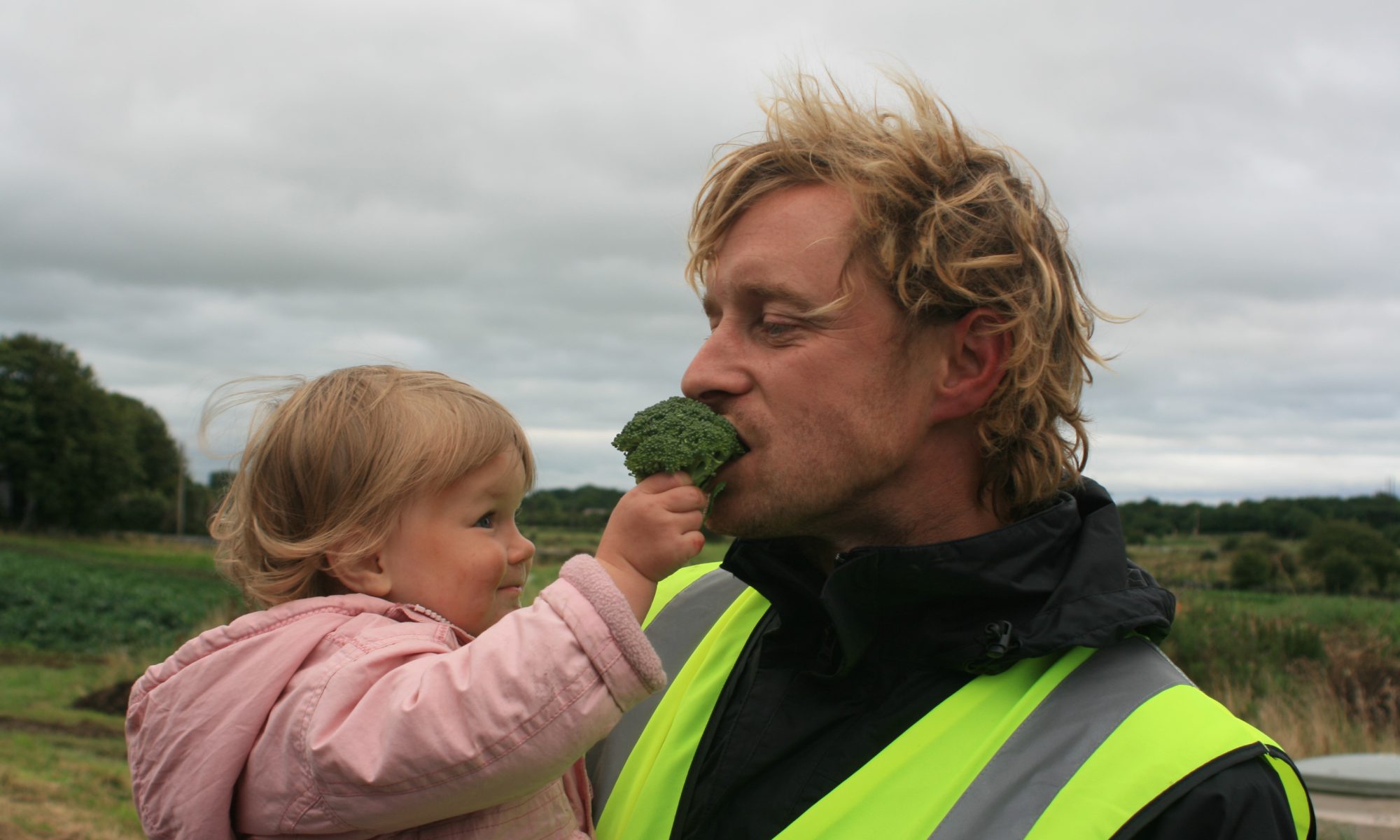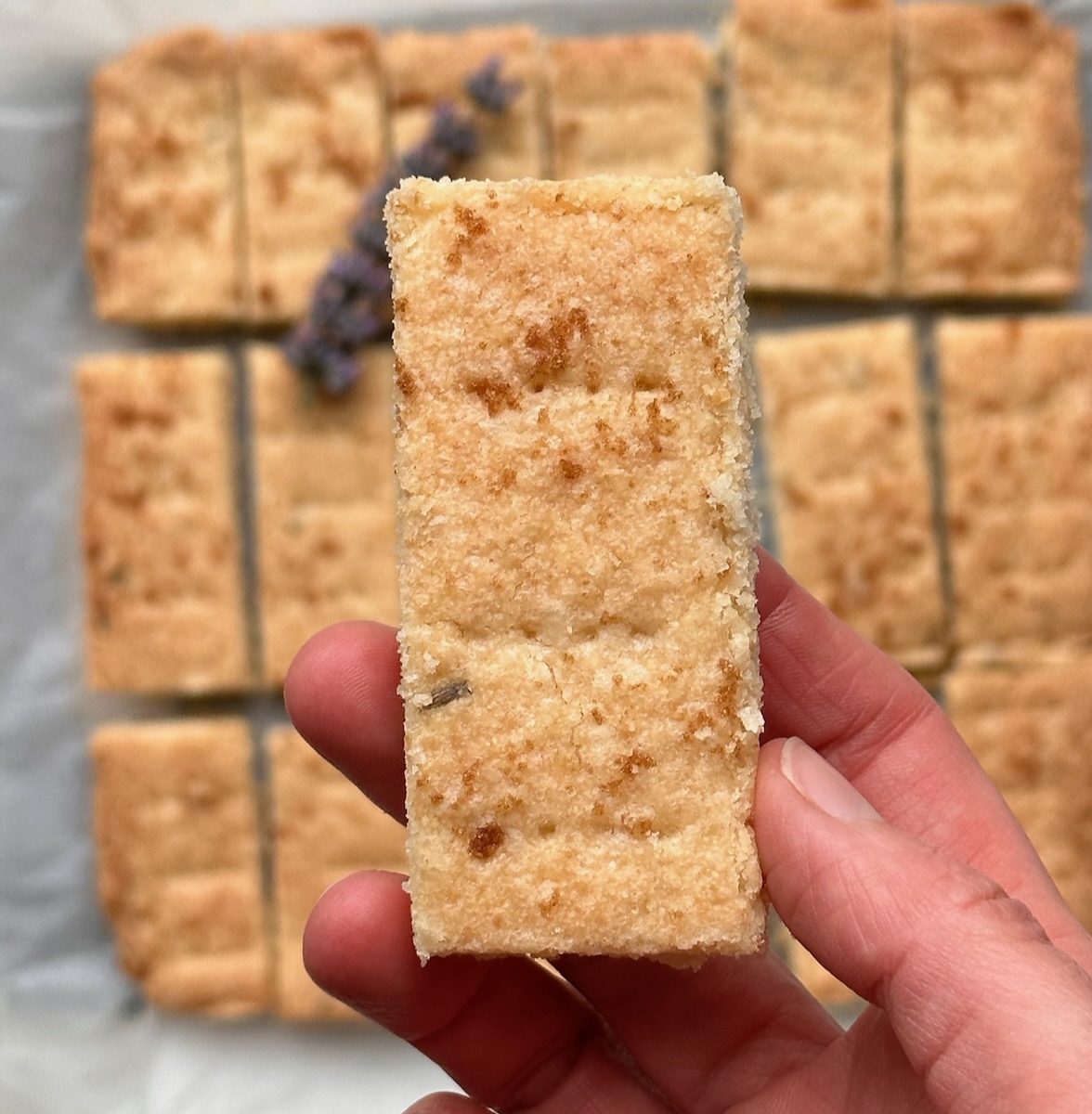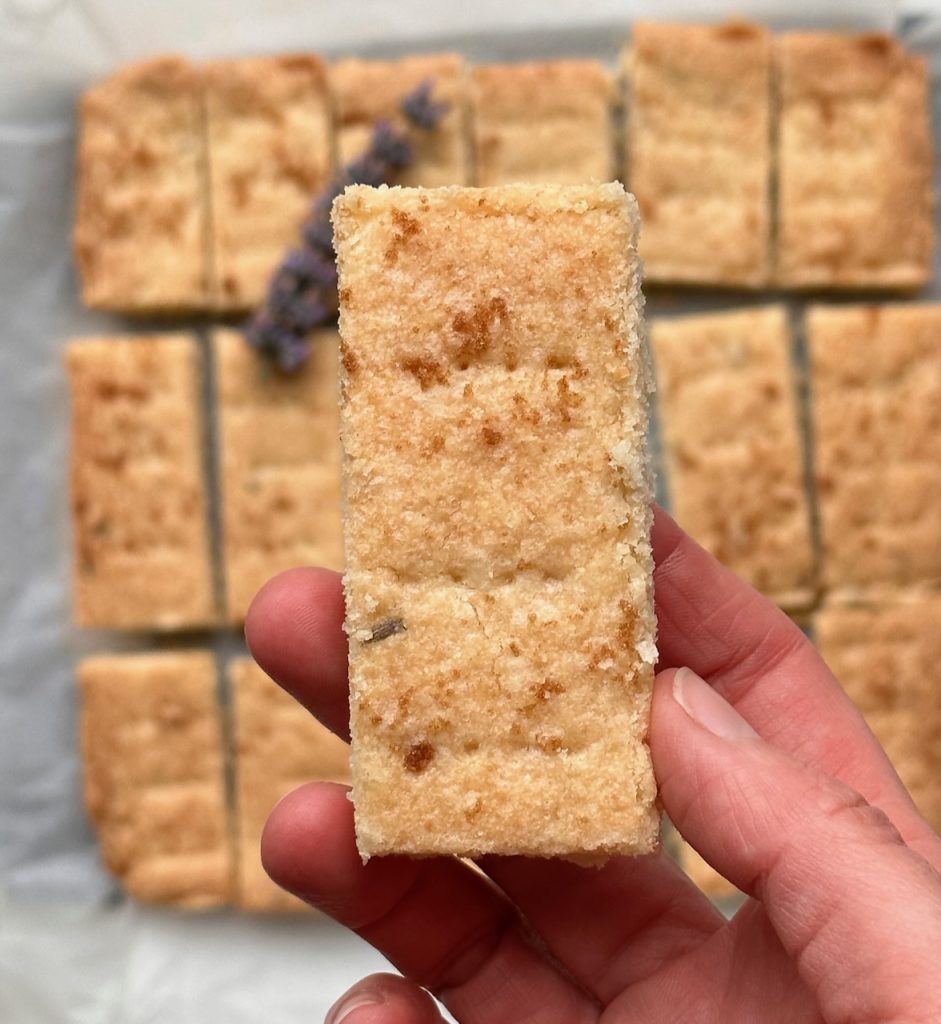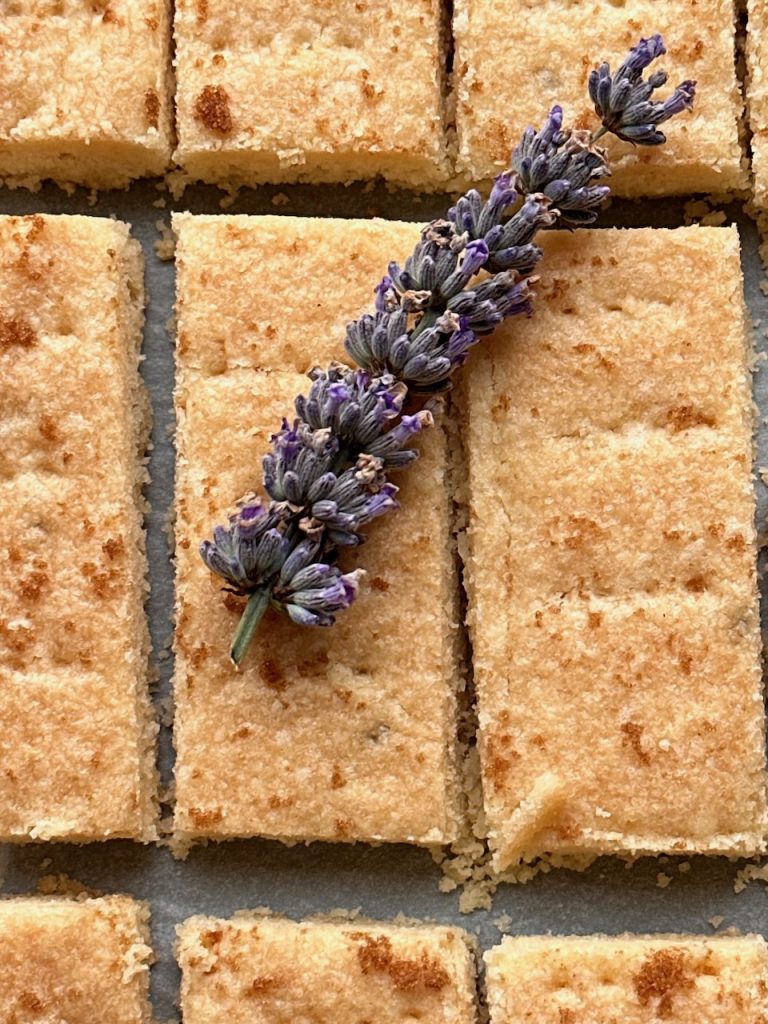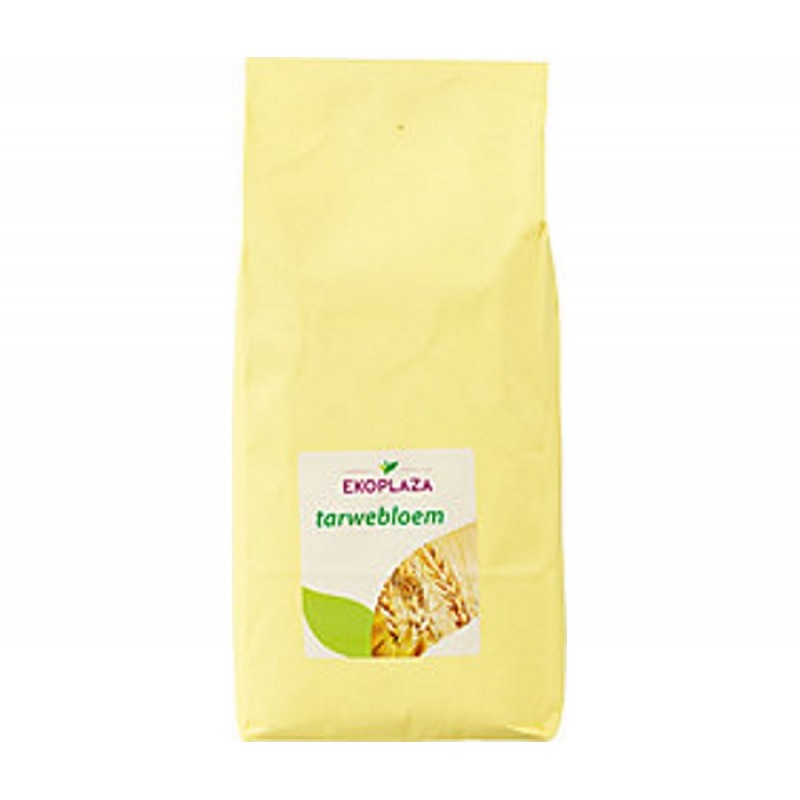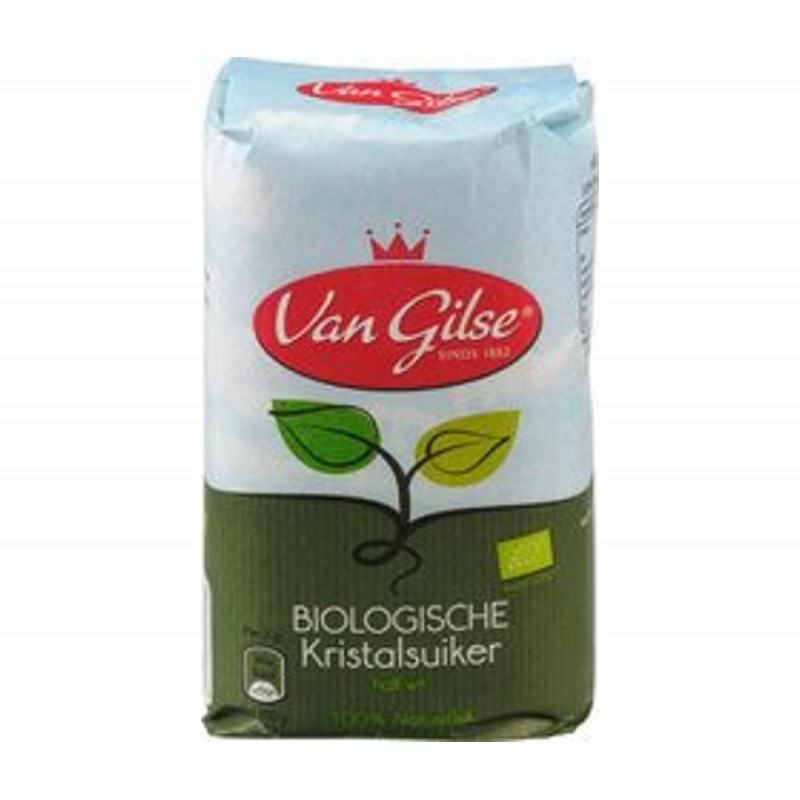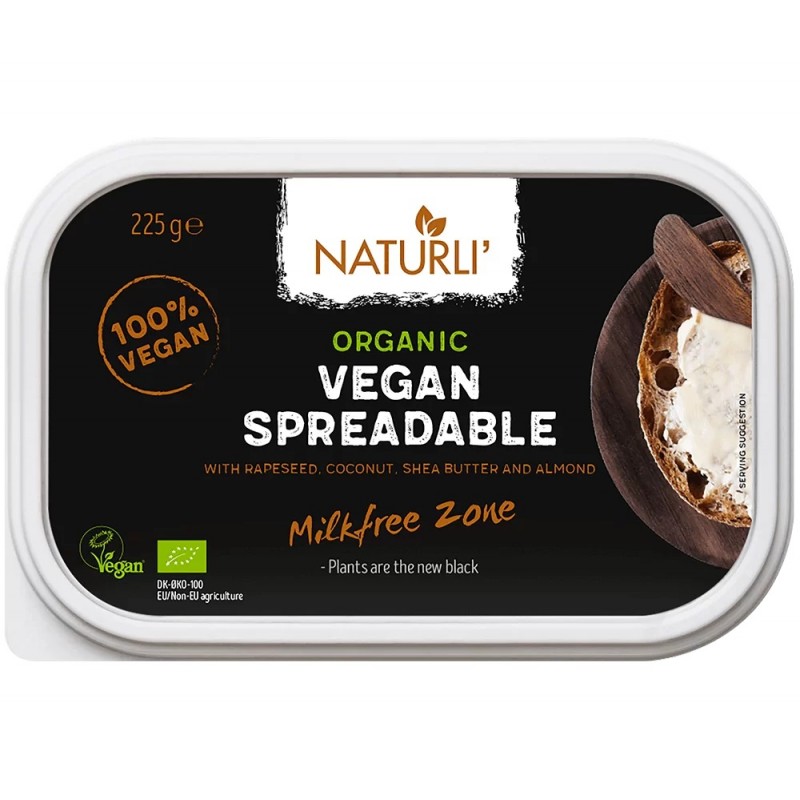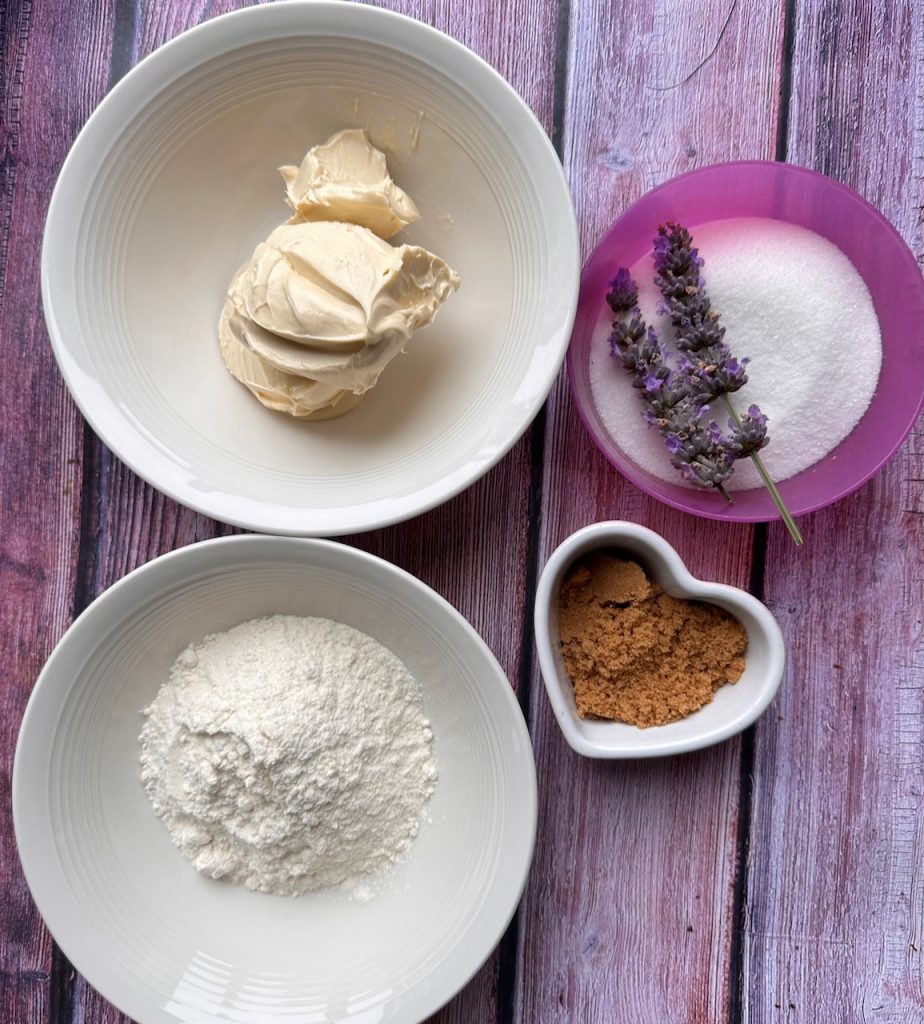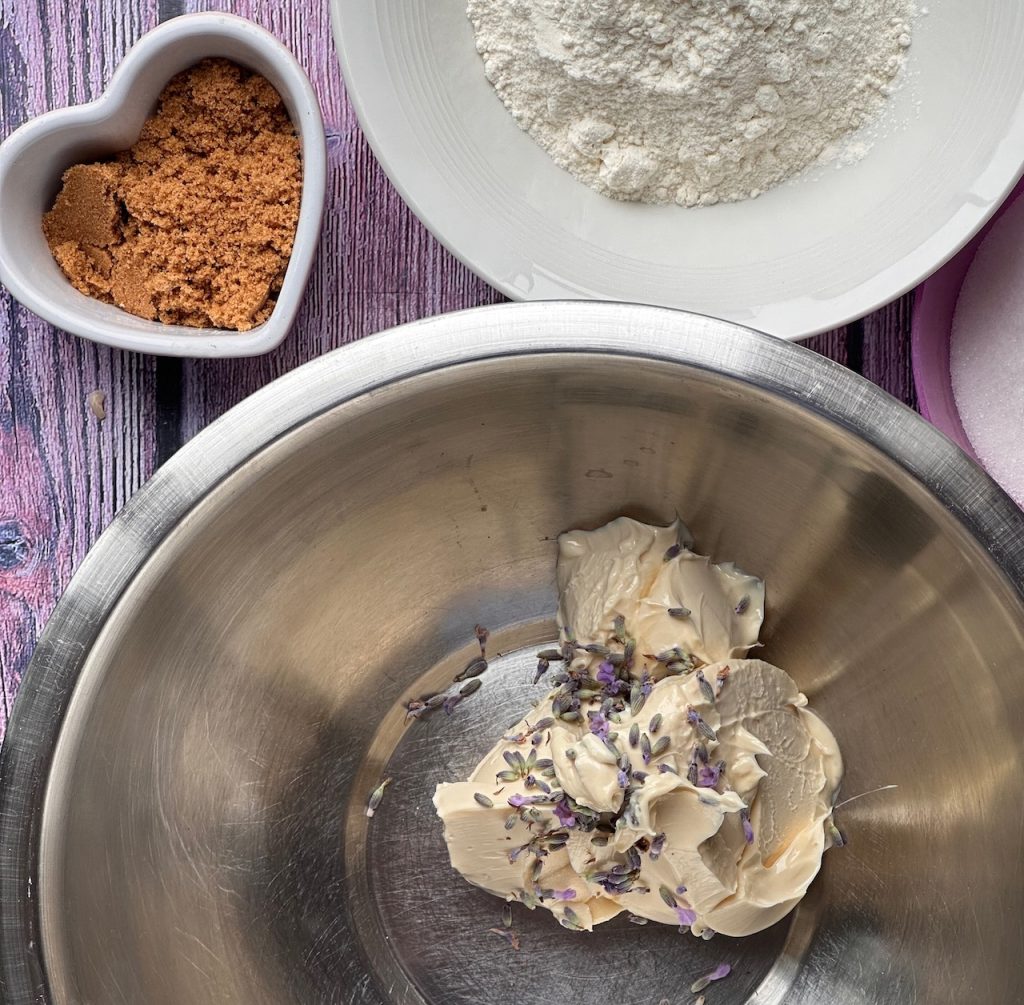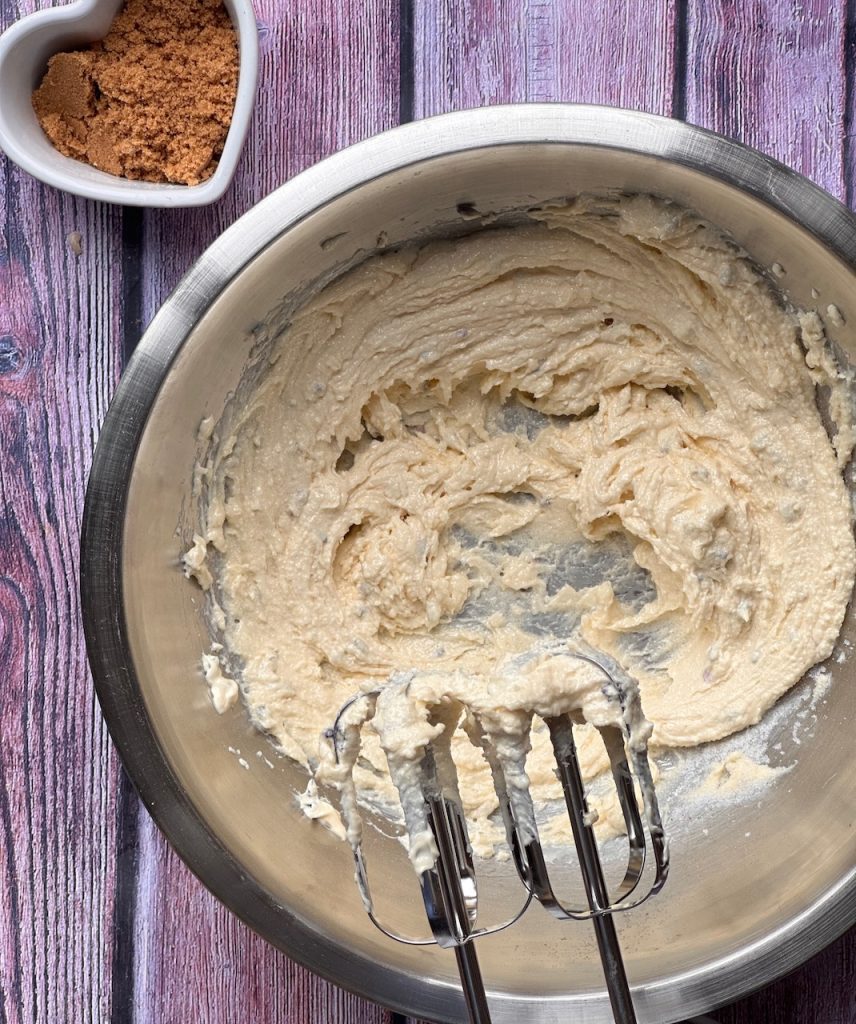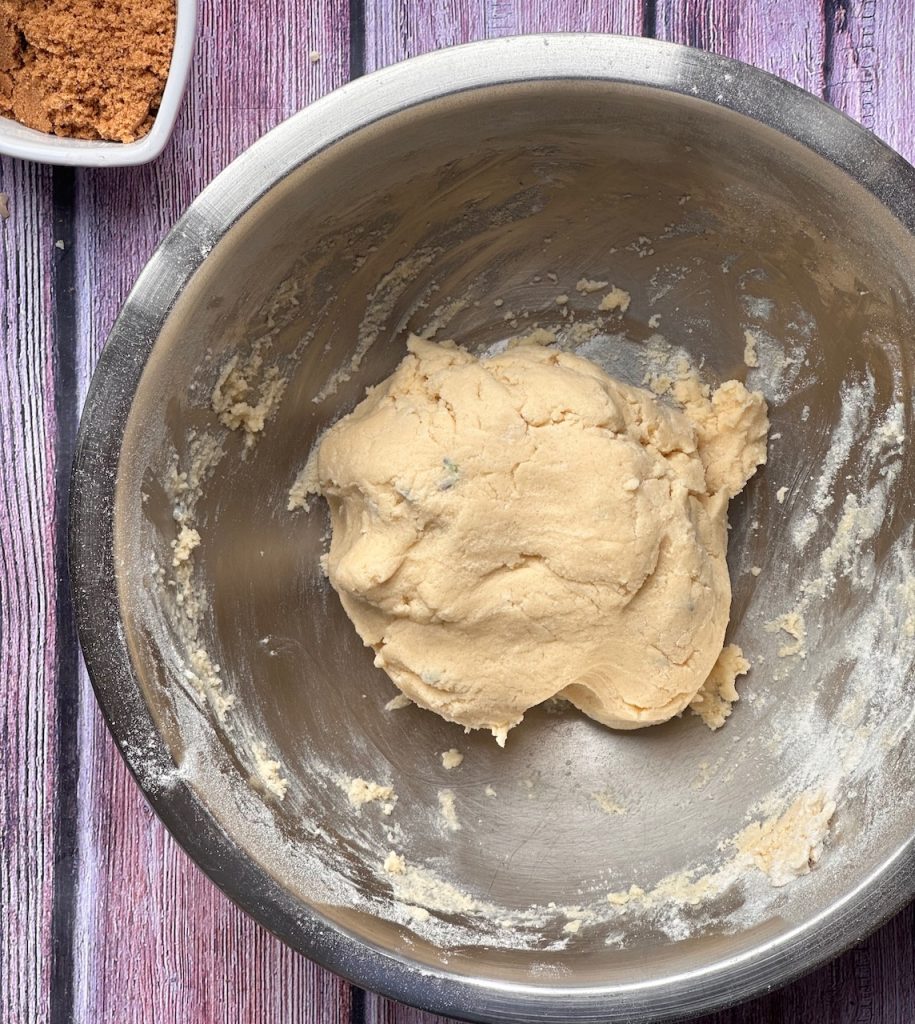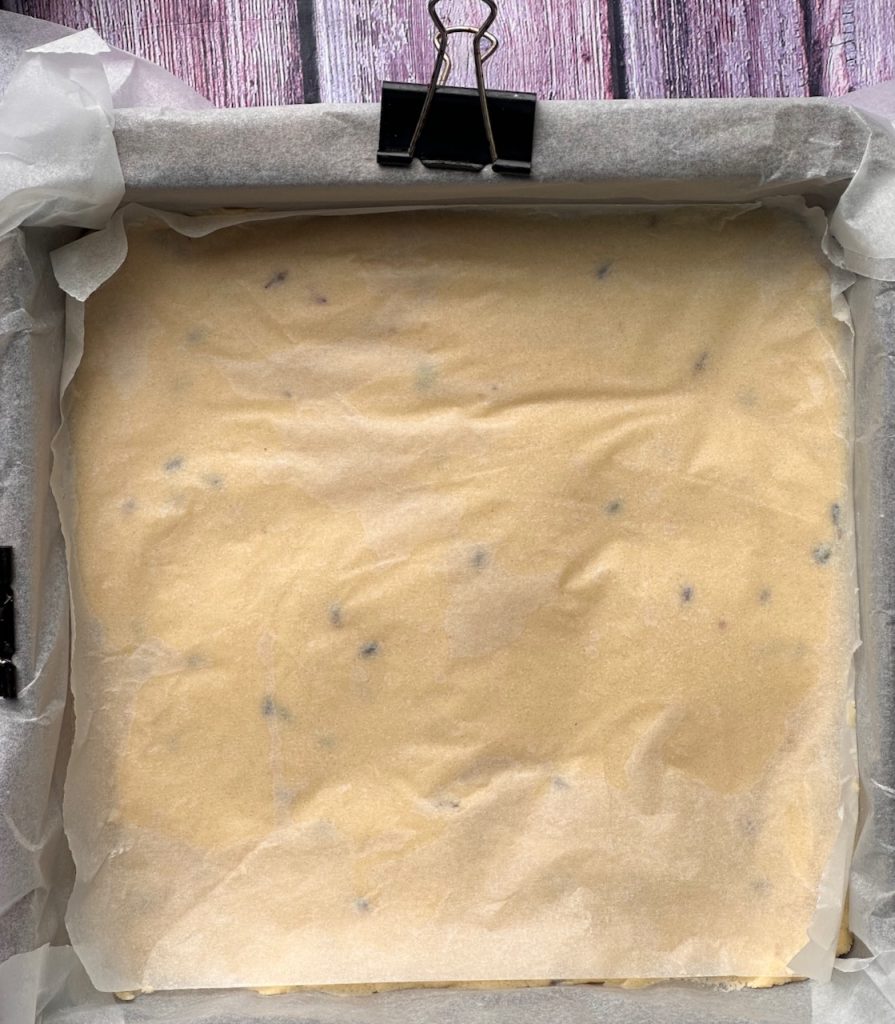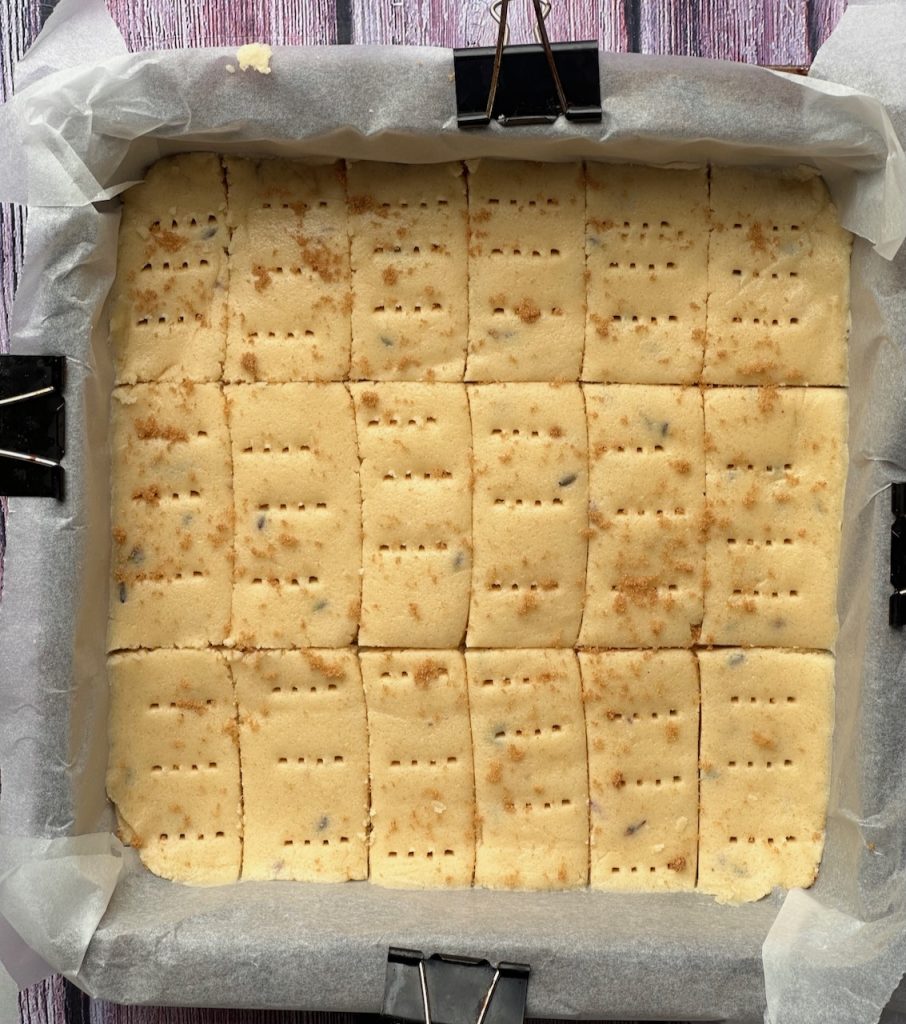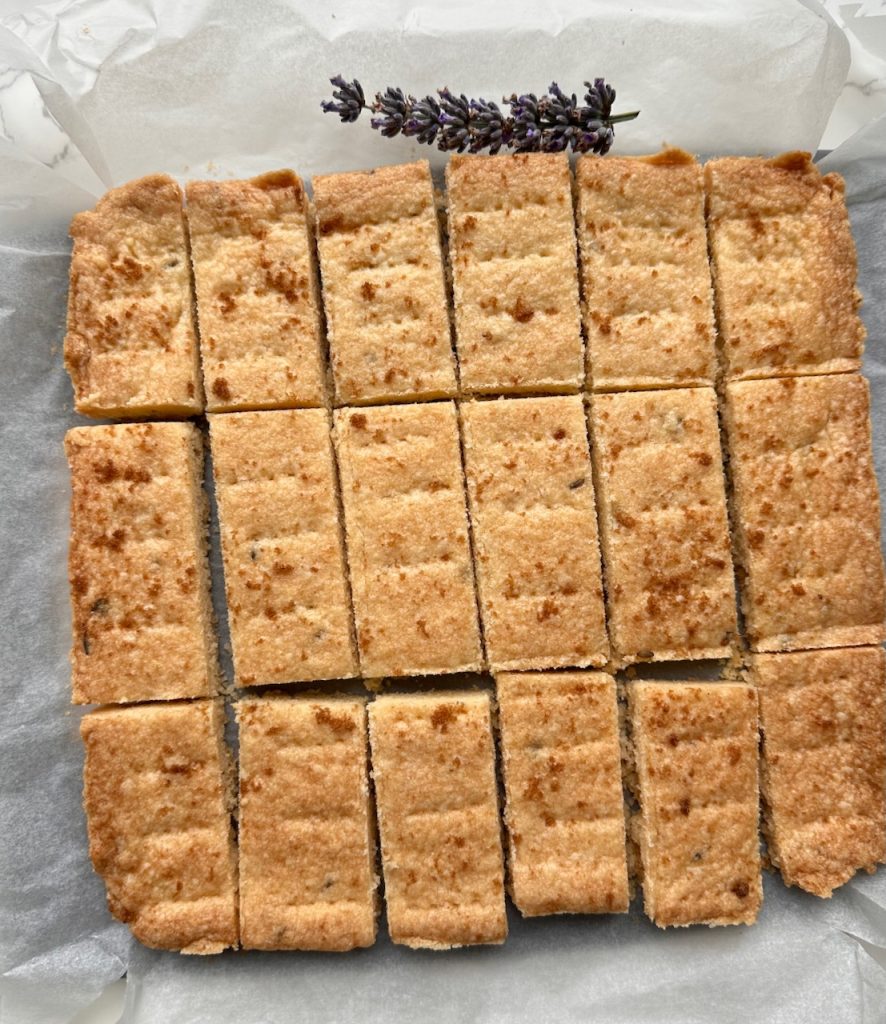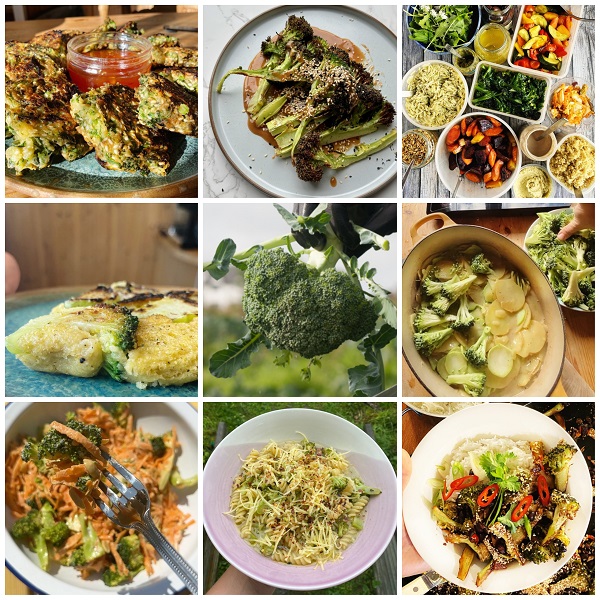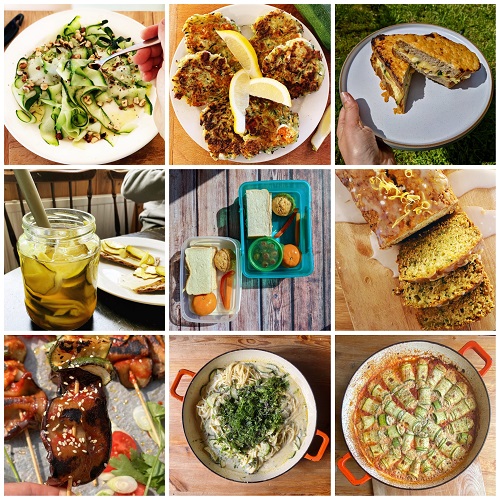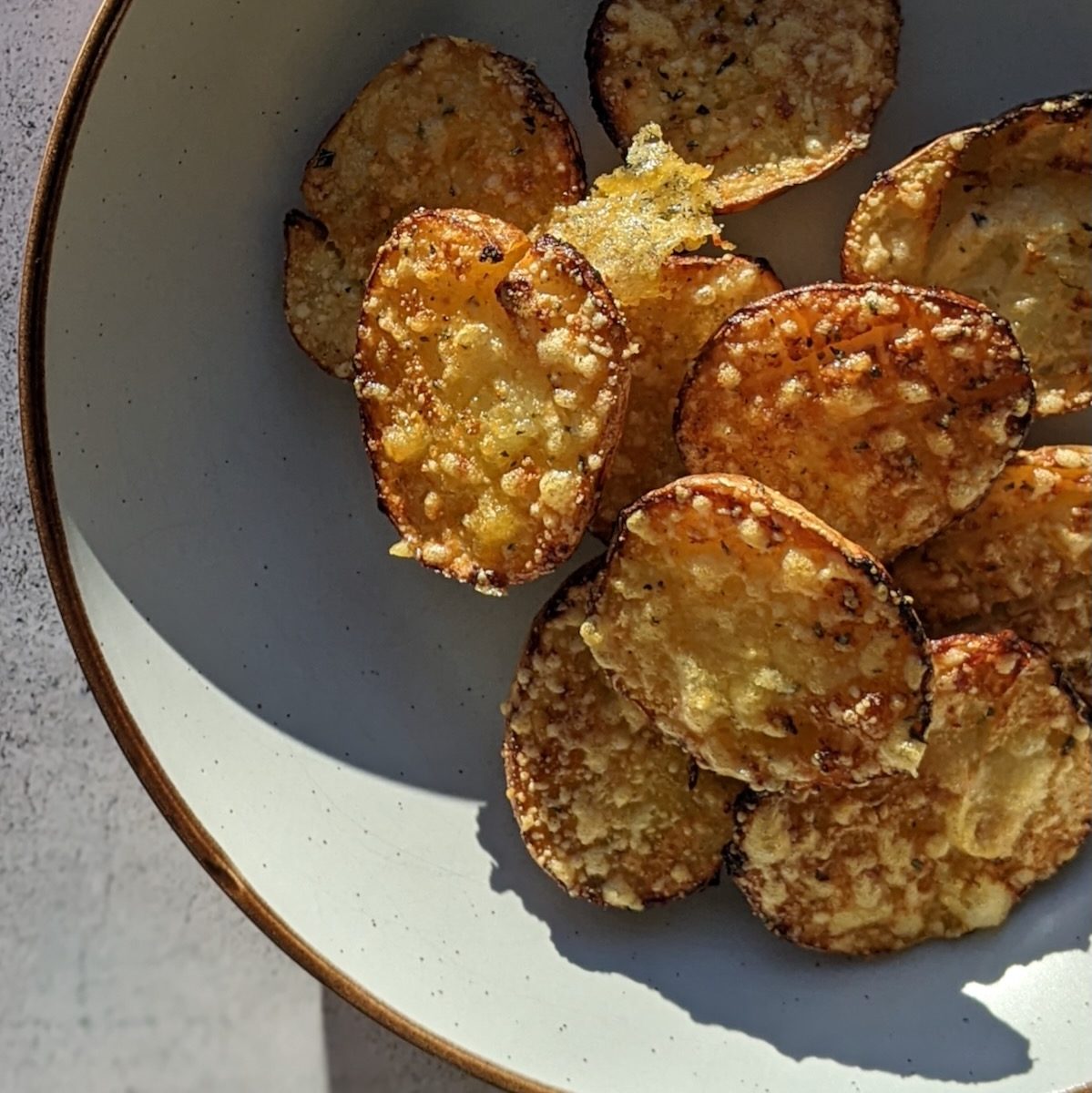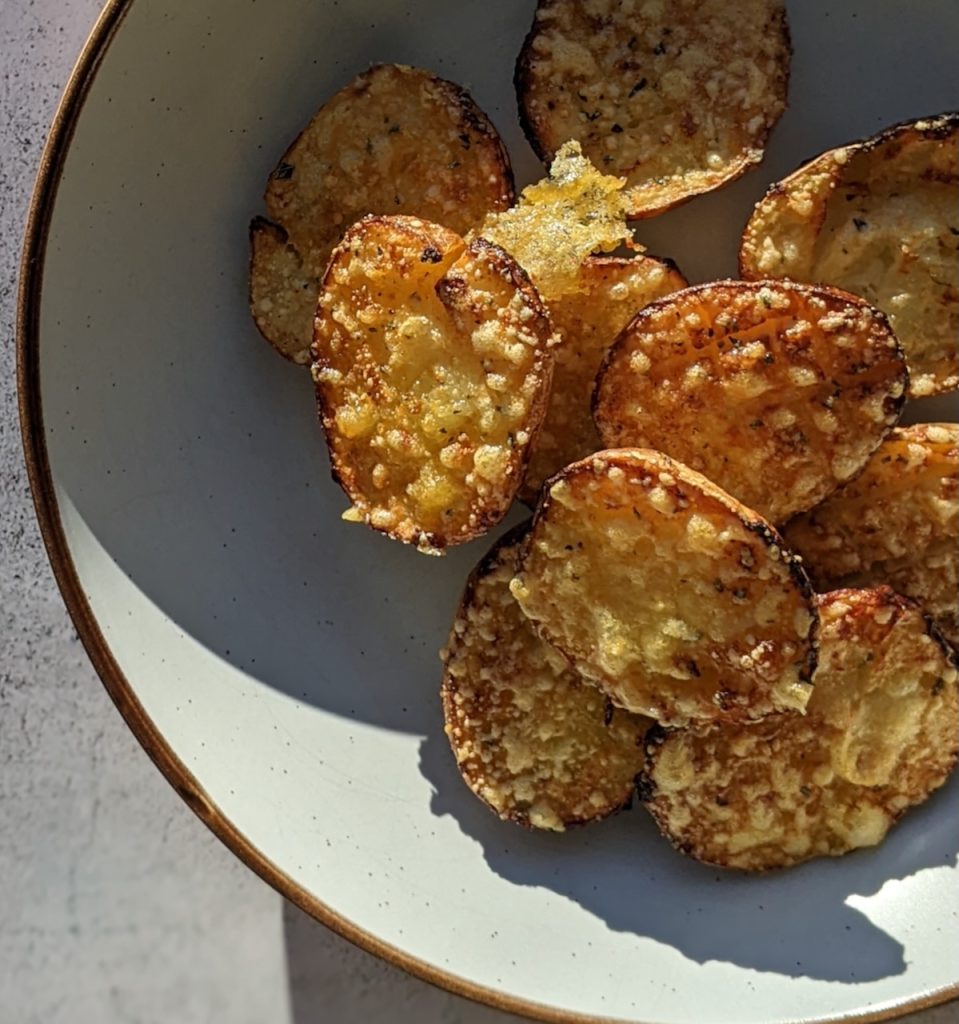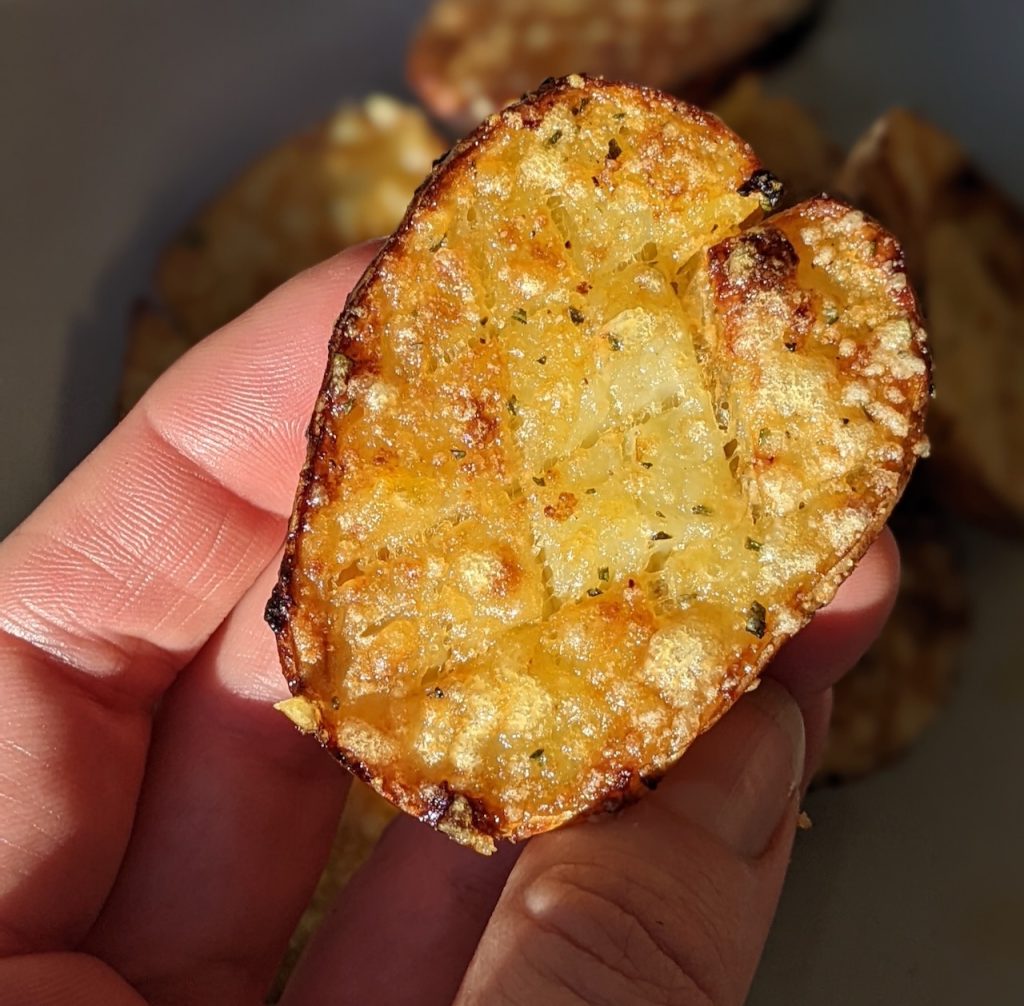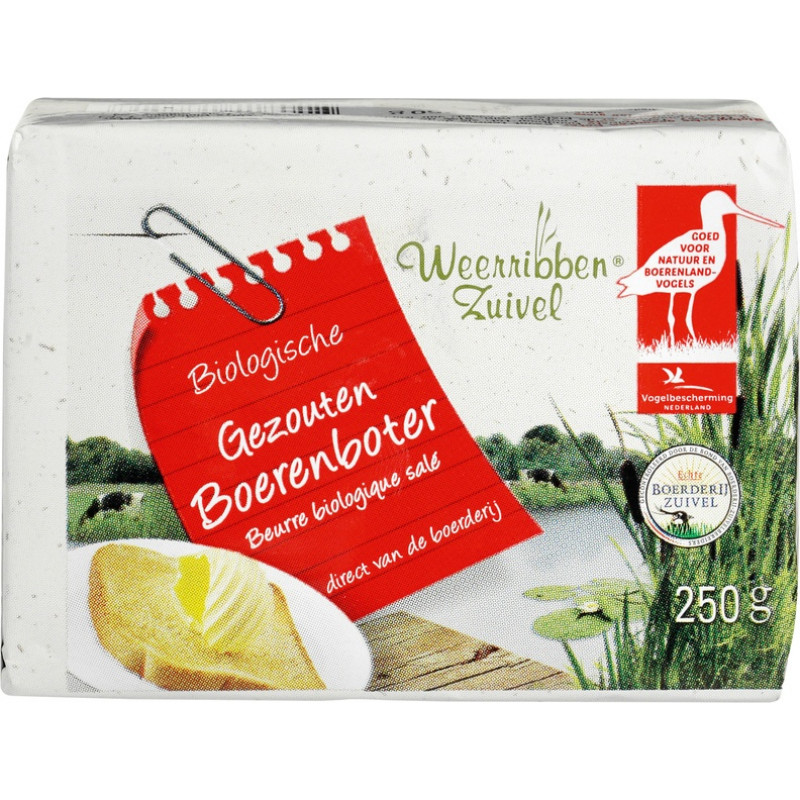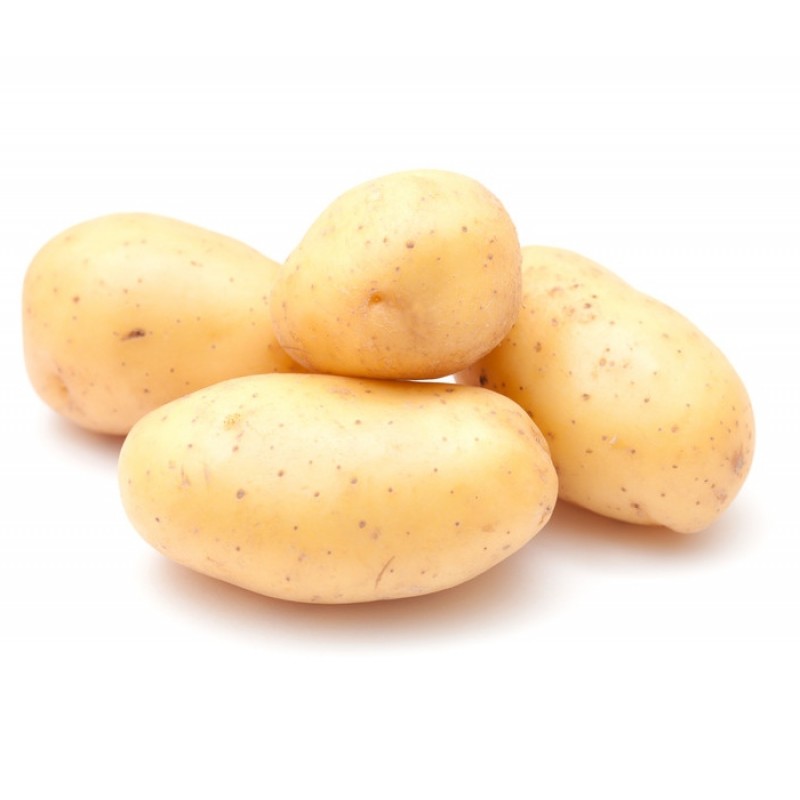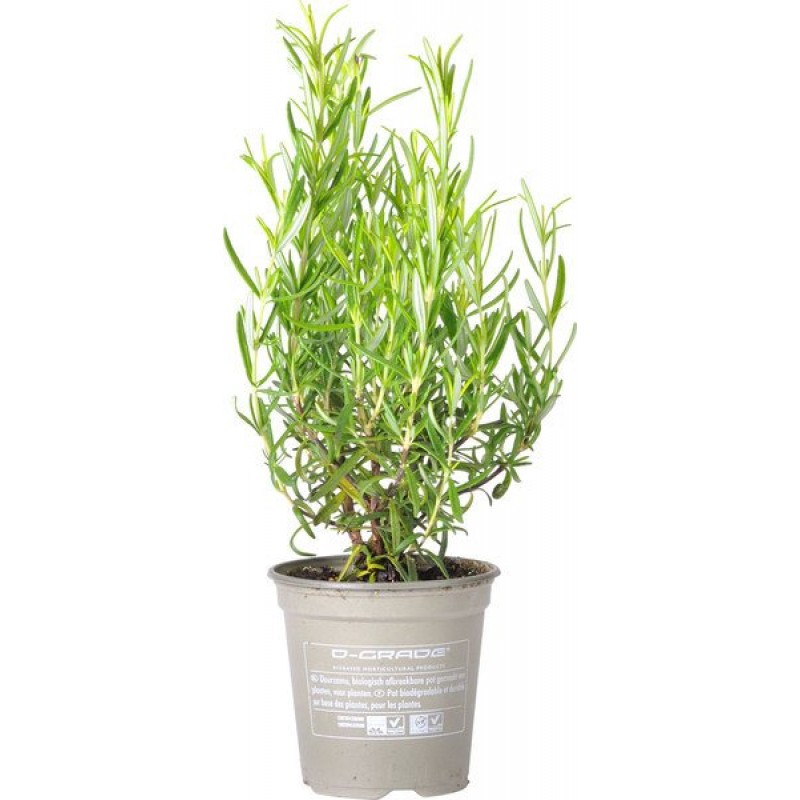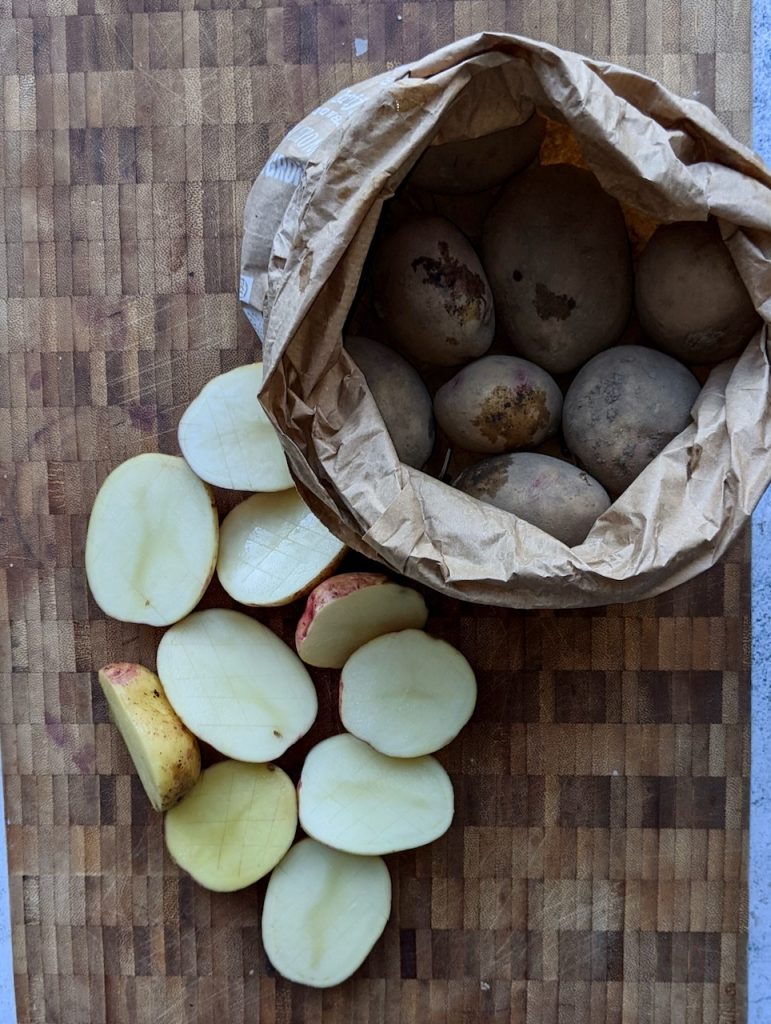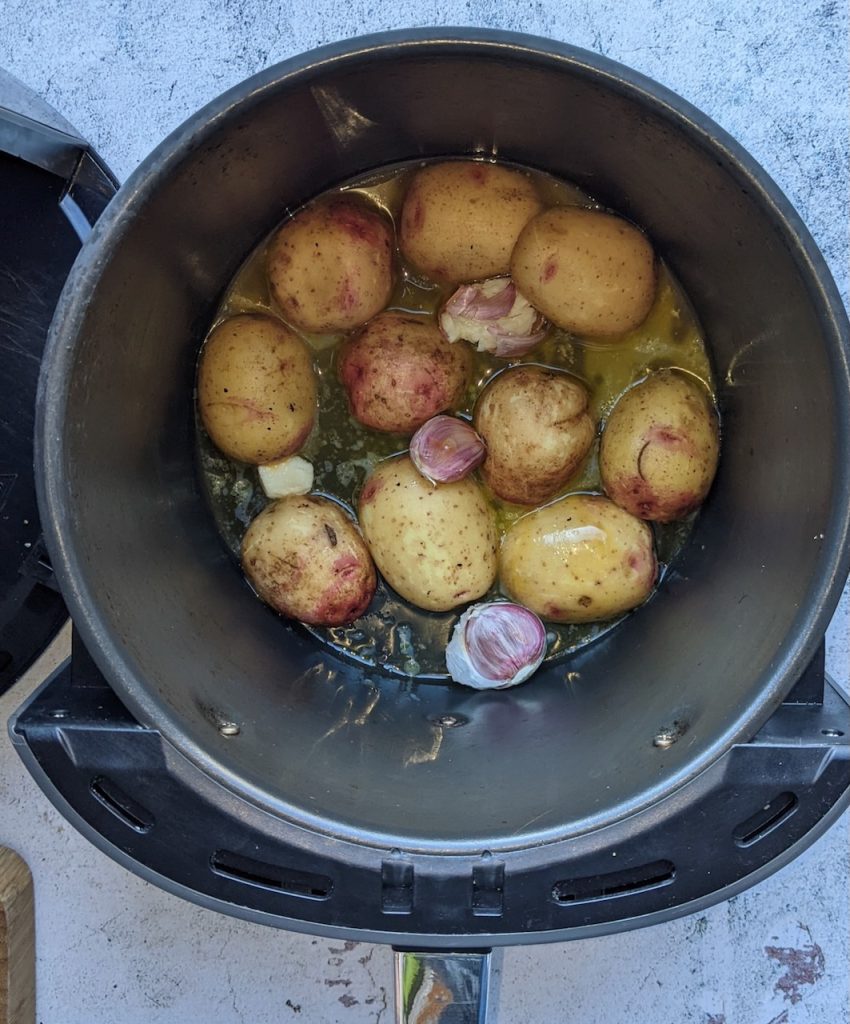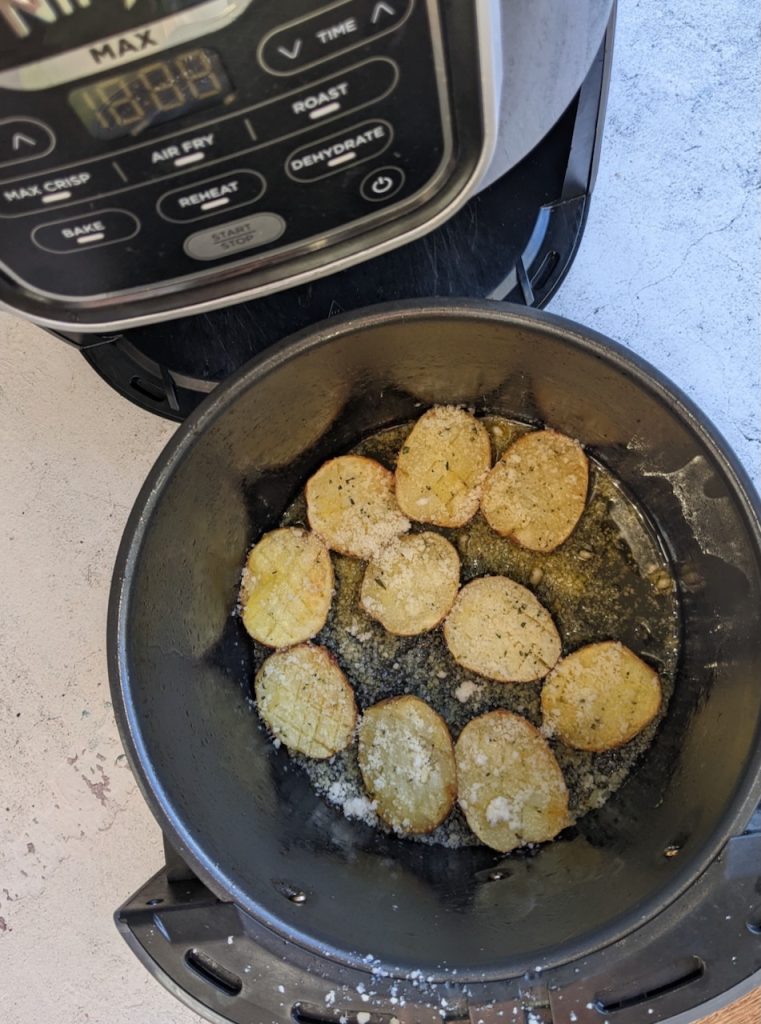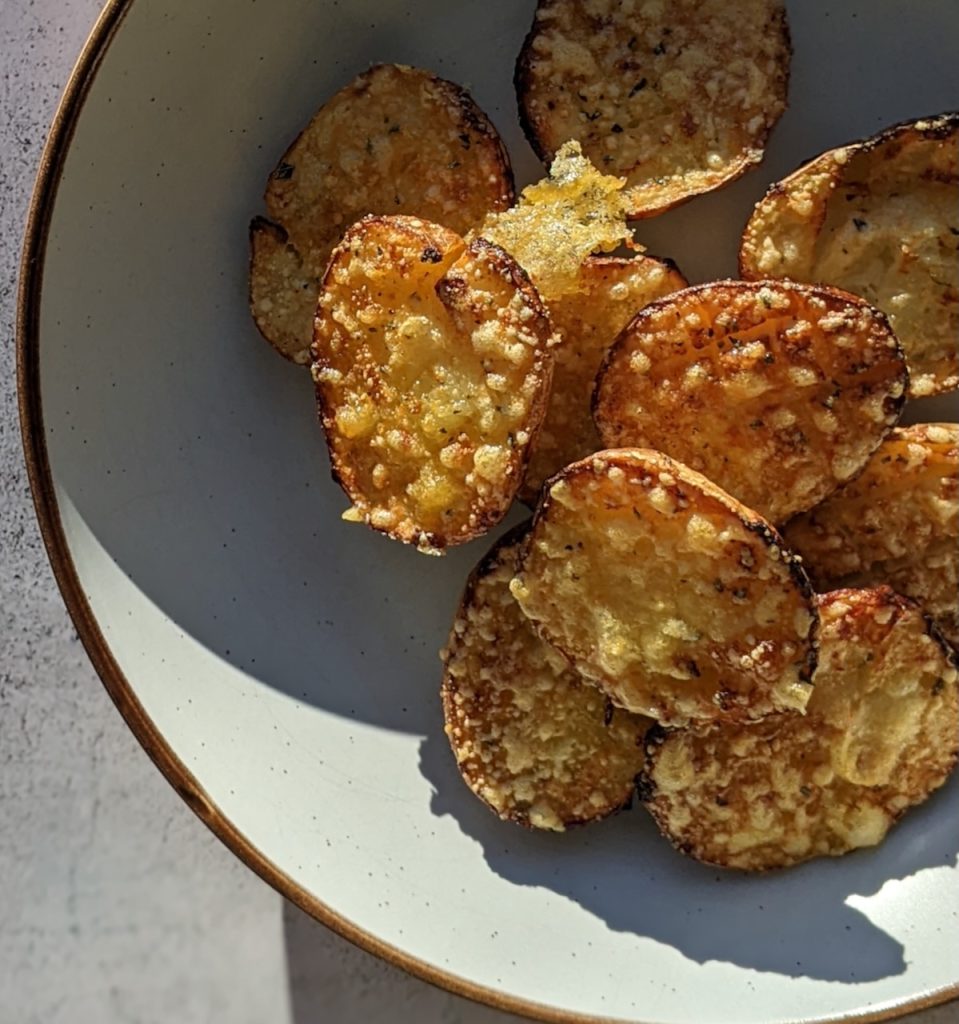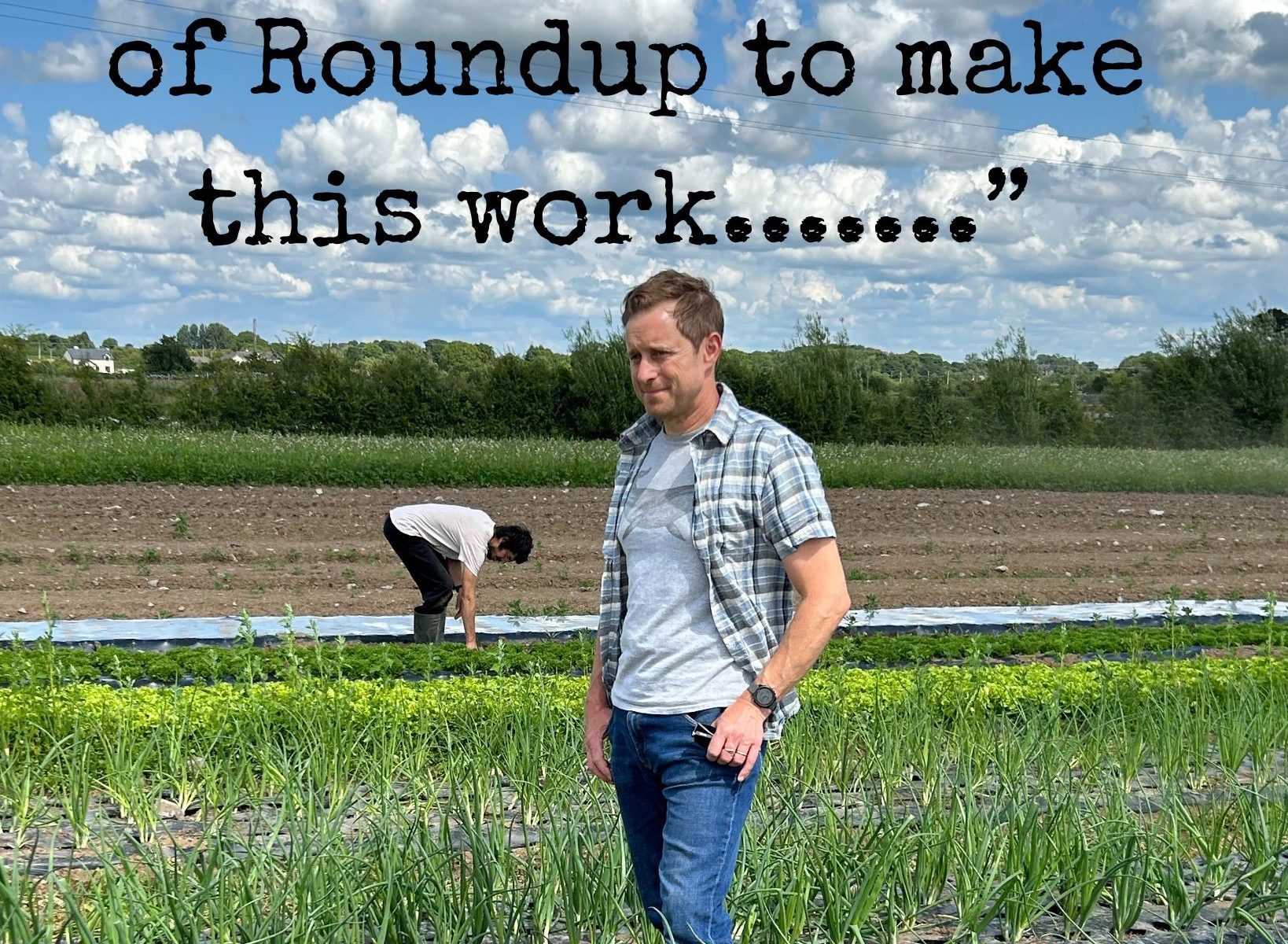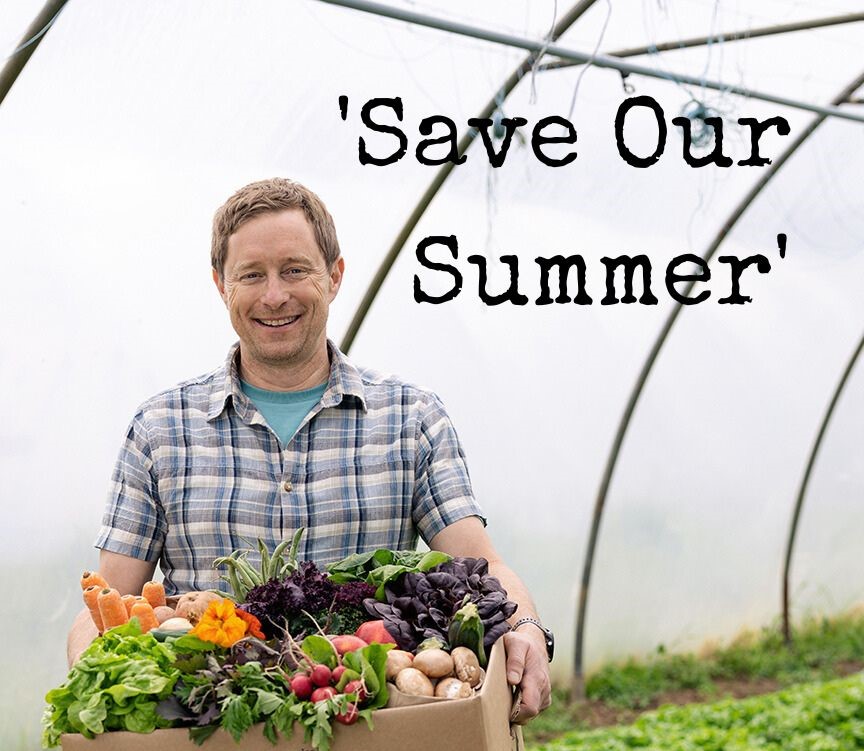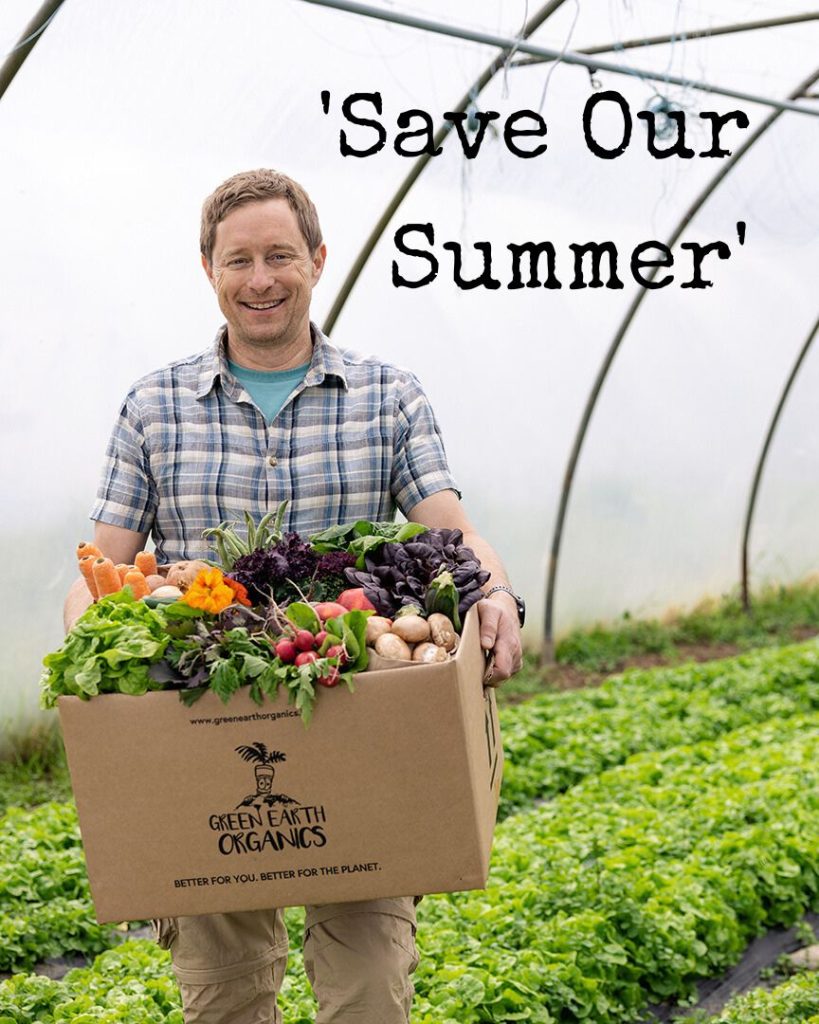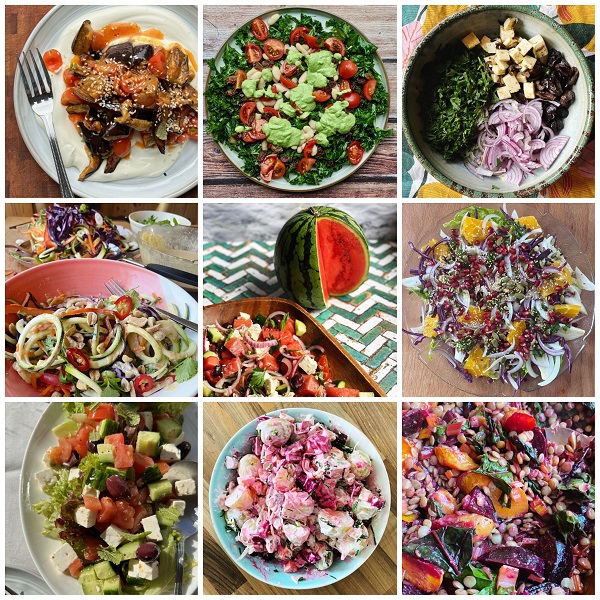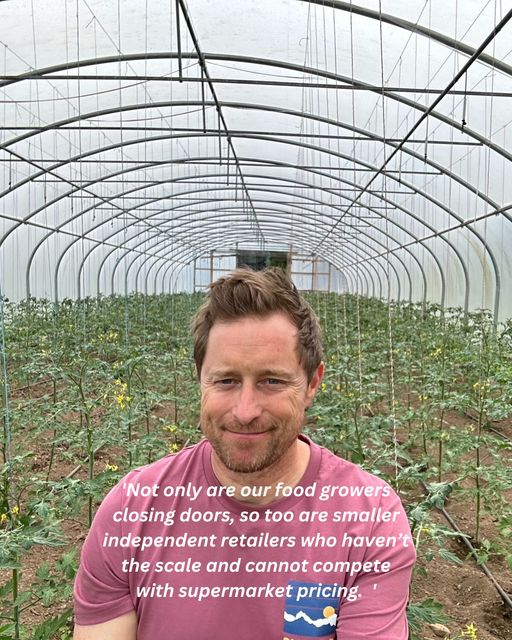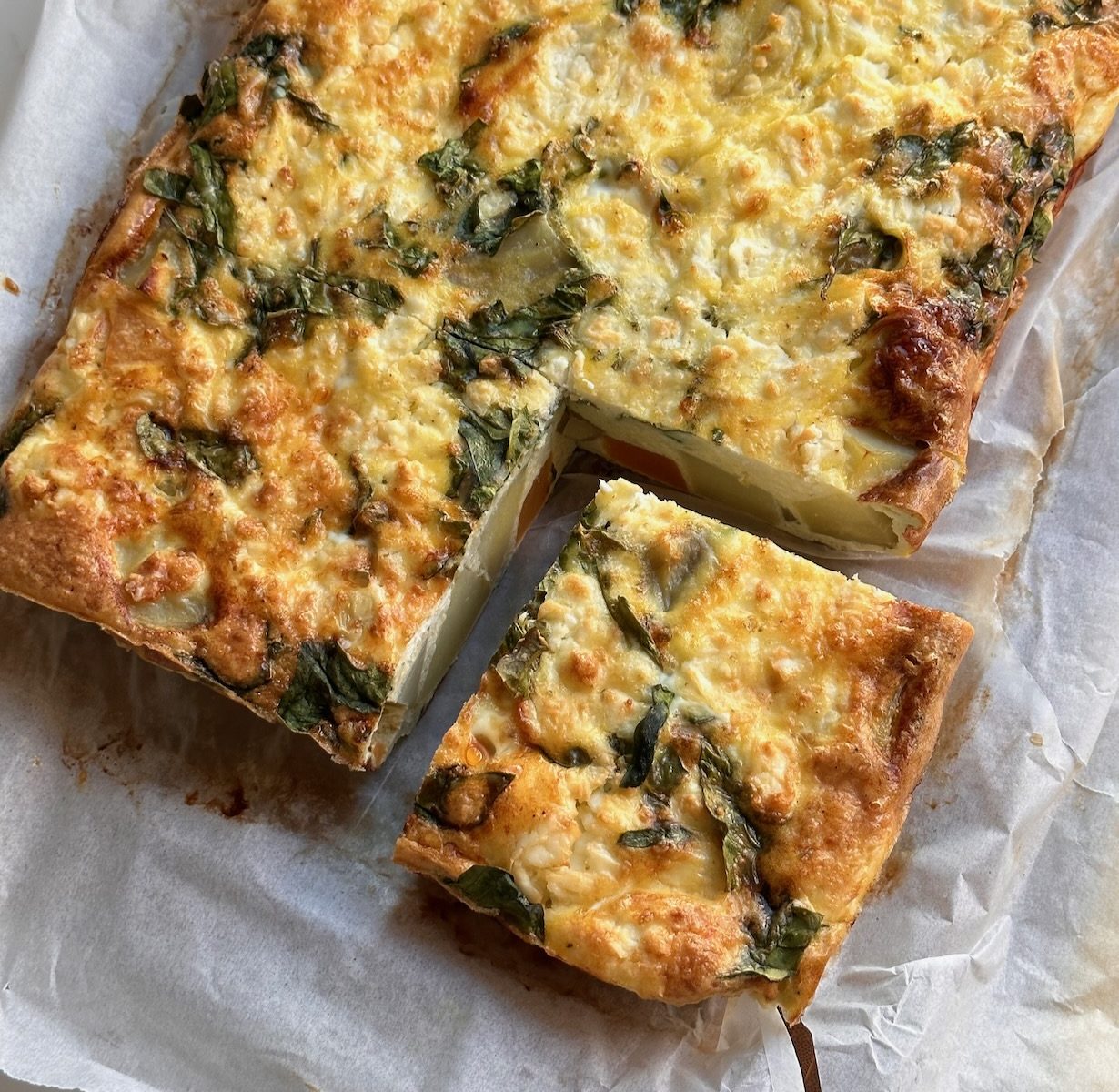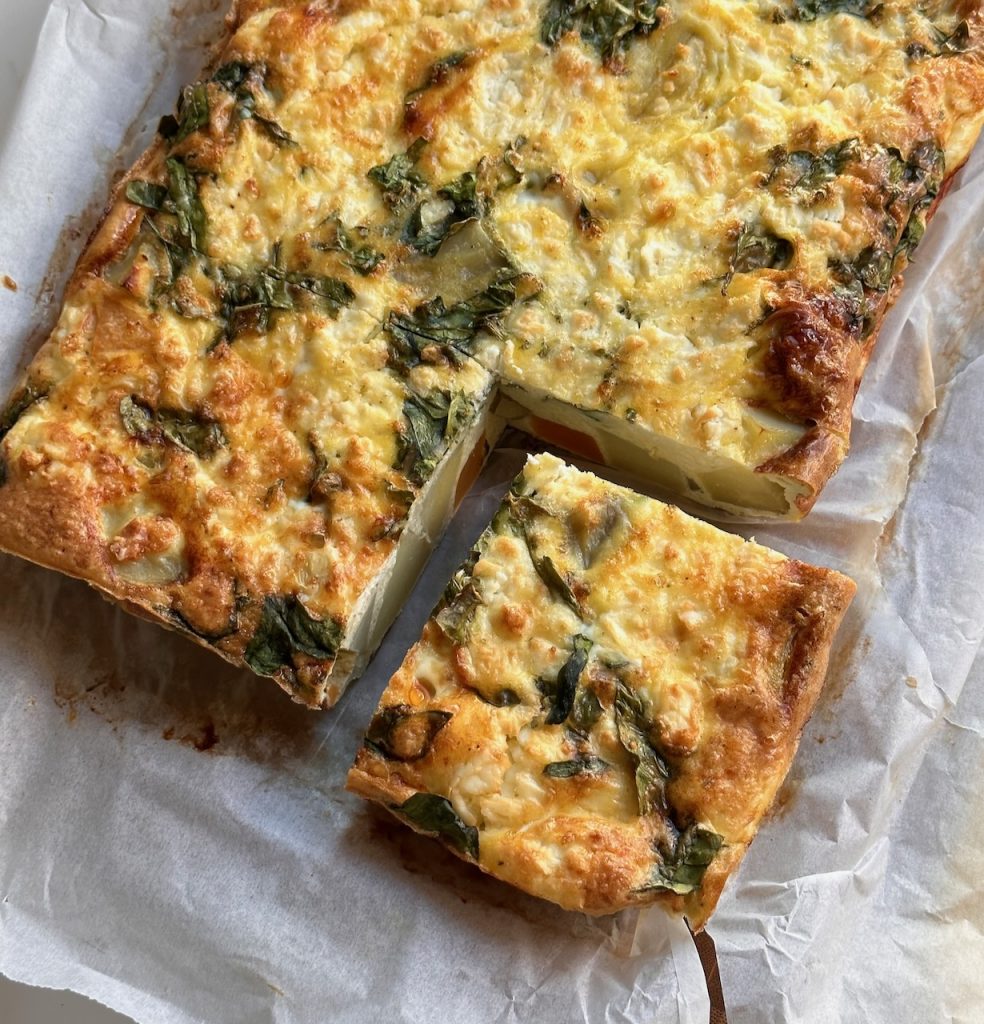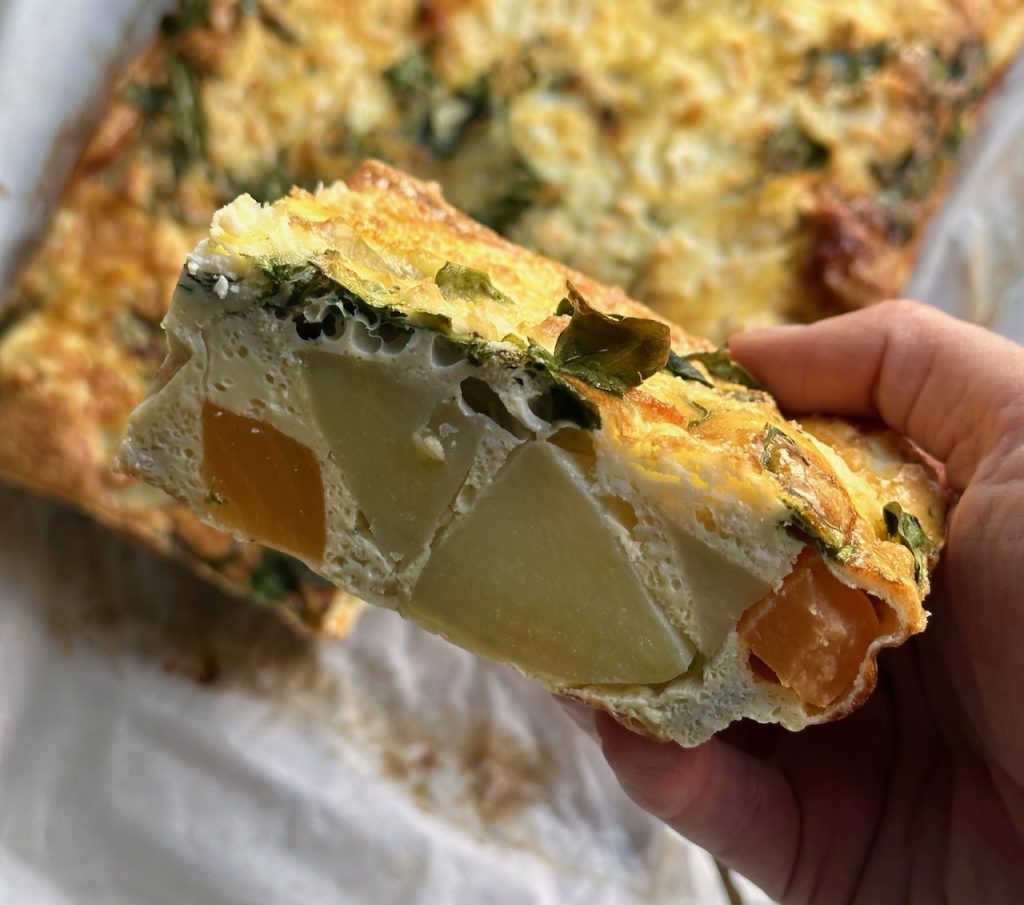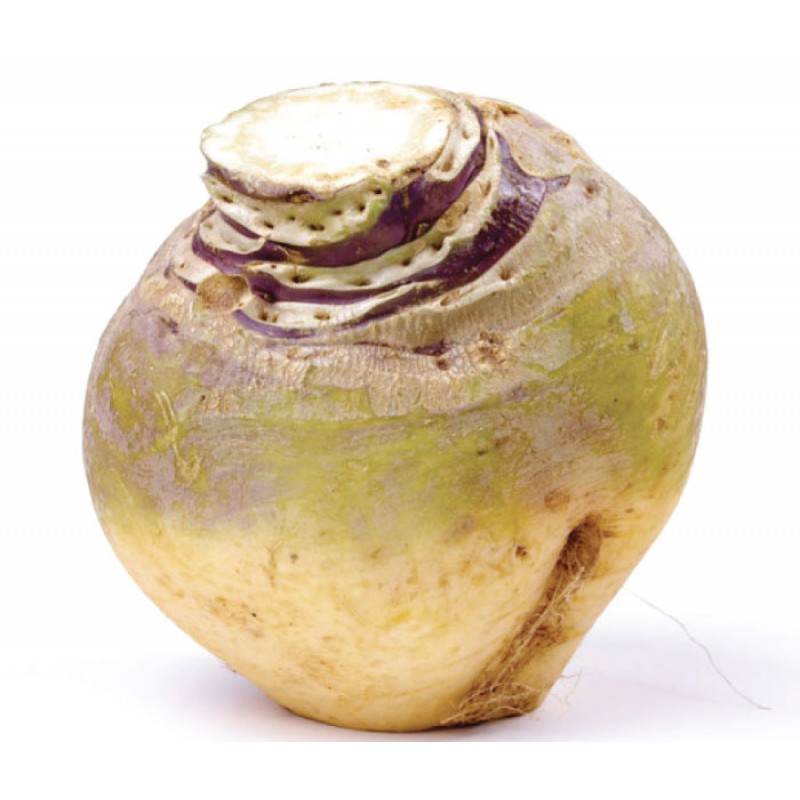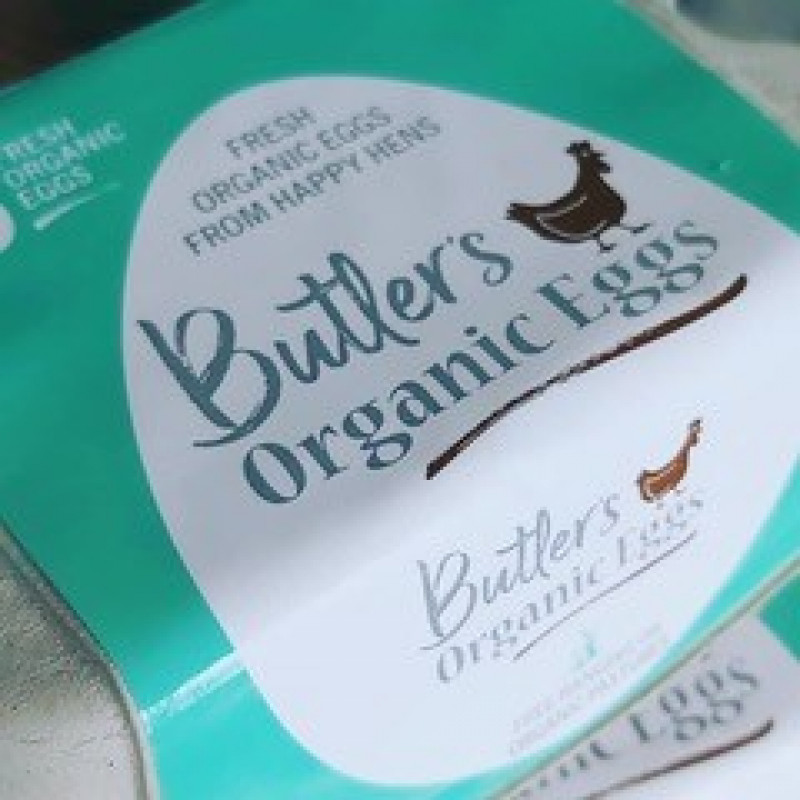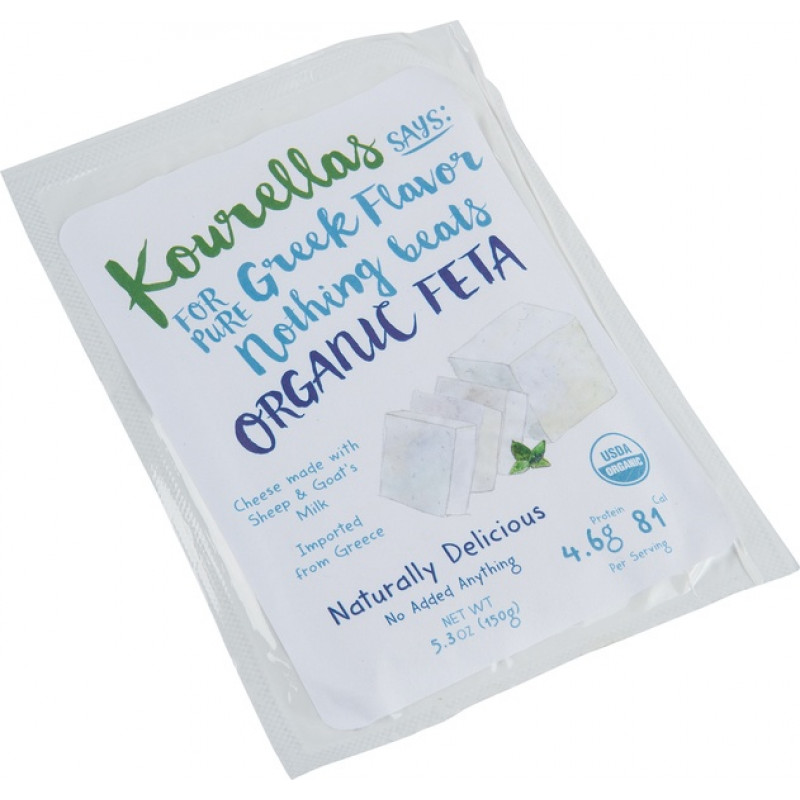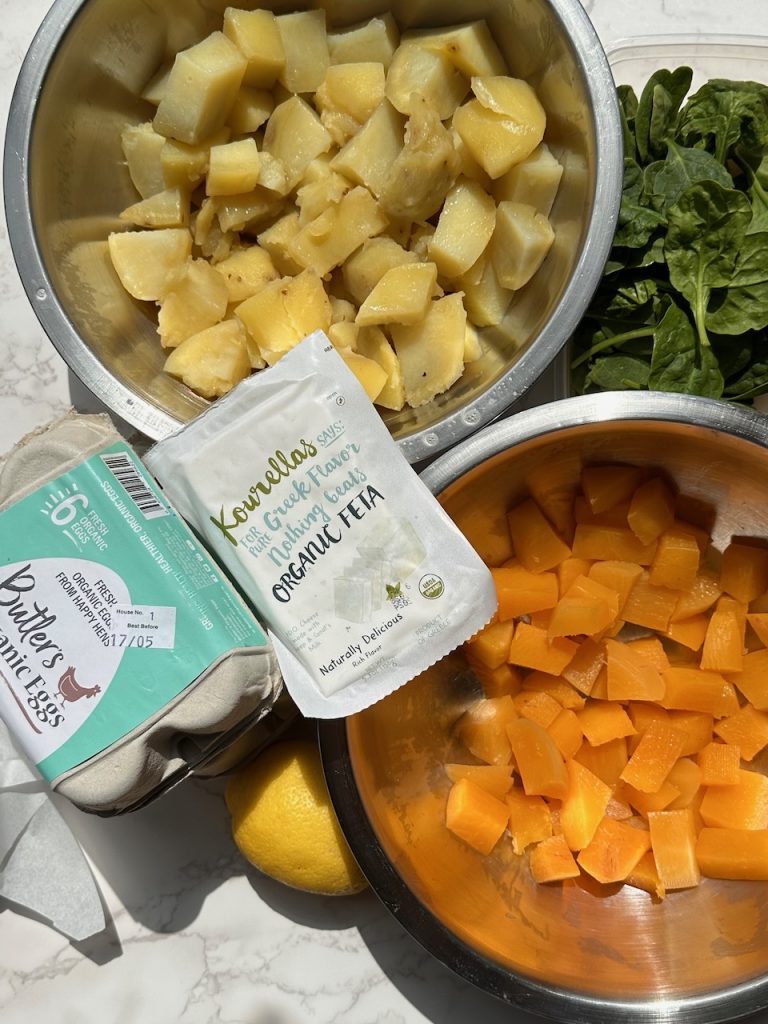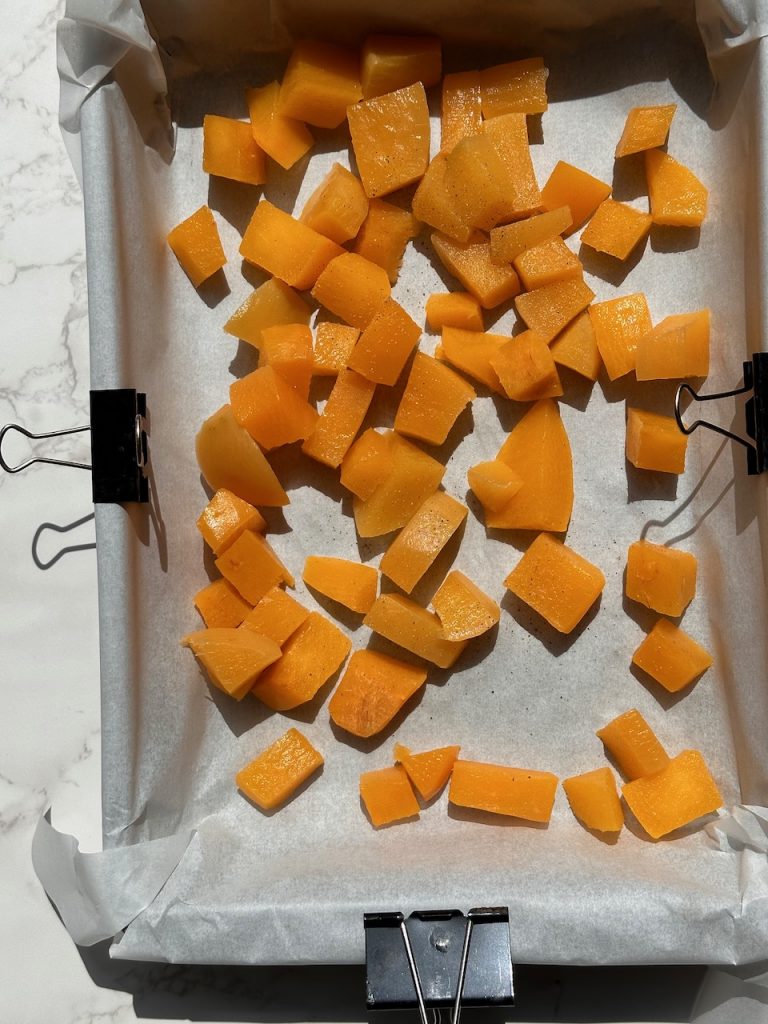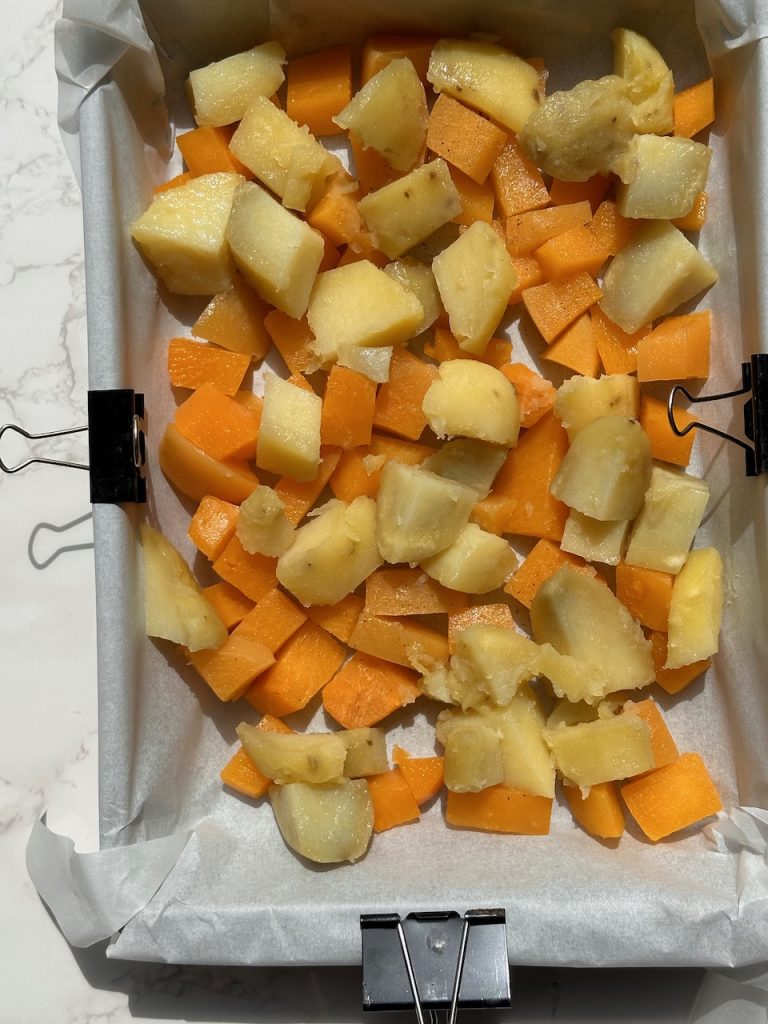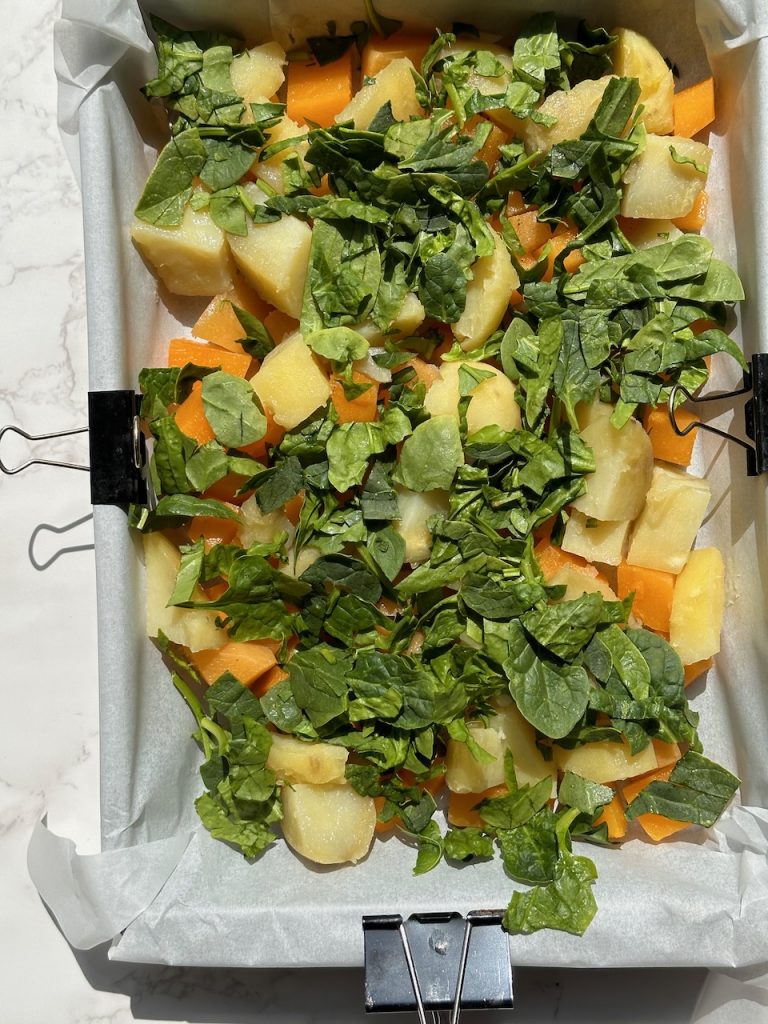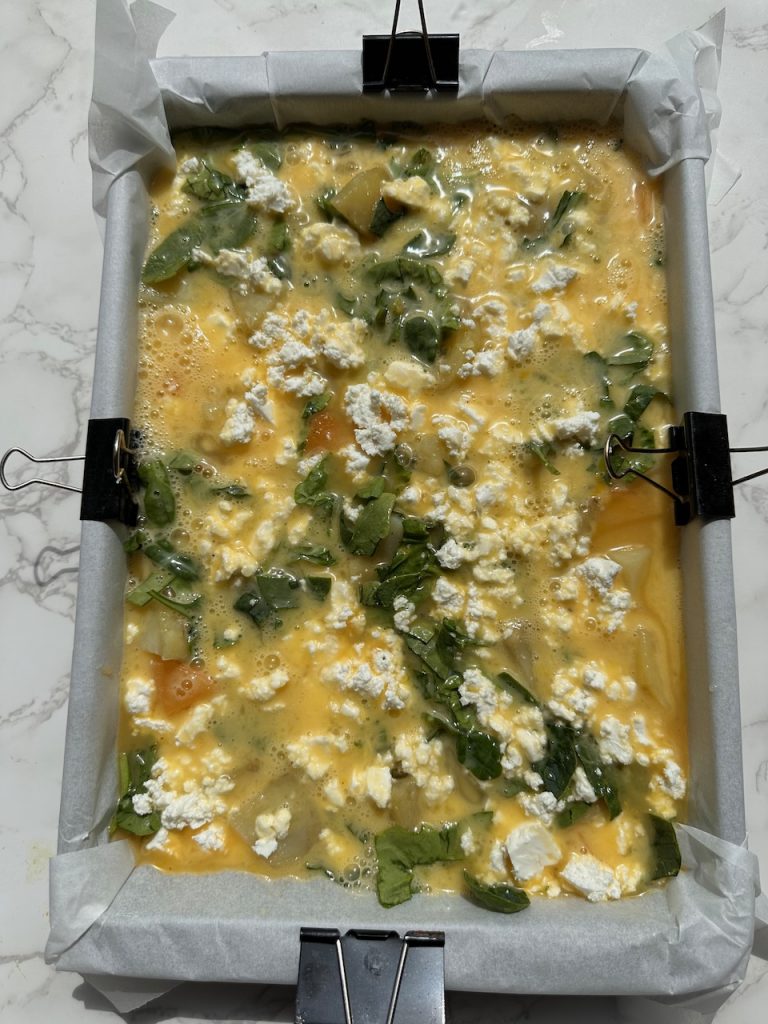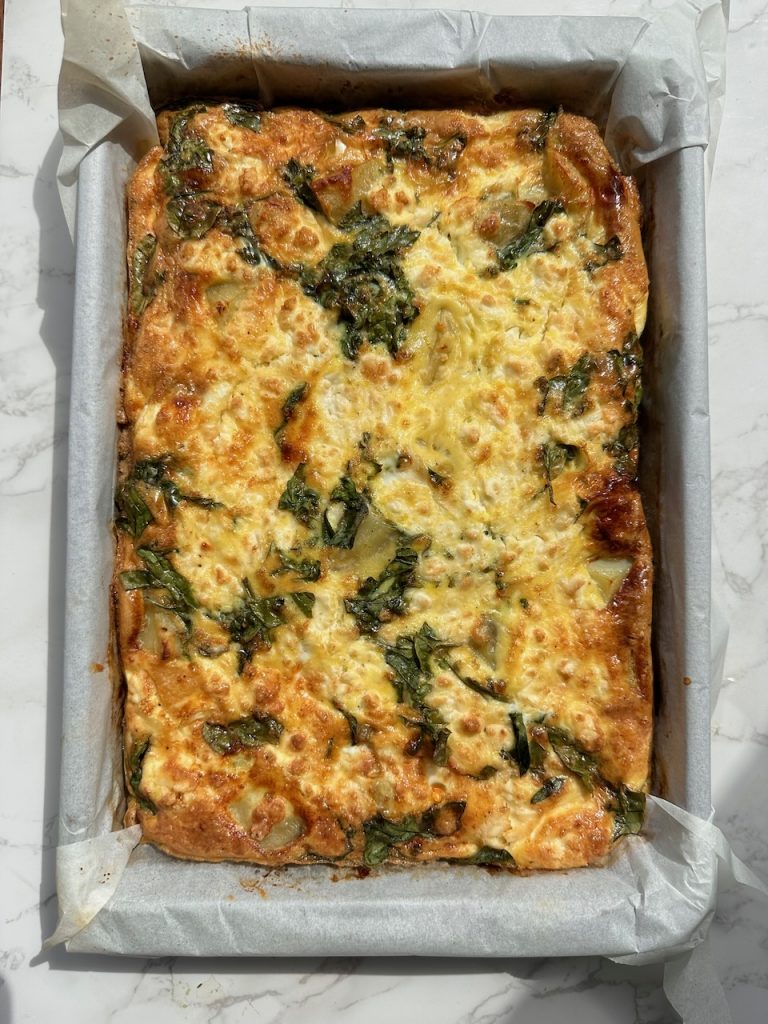I remember as a child picking peas in my grandad’s garden. He had apple trees, he grew his own veg. I remember sitting on his lap drinking a mug of turnip juice, (I can’t imagine trying to get my kids to do that today!) most of the food was grown on his farm. (Photo: backfired, me trying to feed my daughter broccoli many moons ago!)
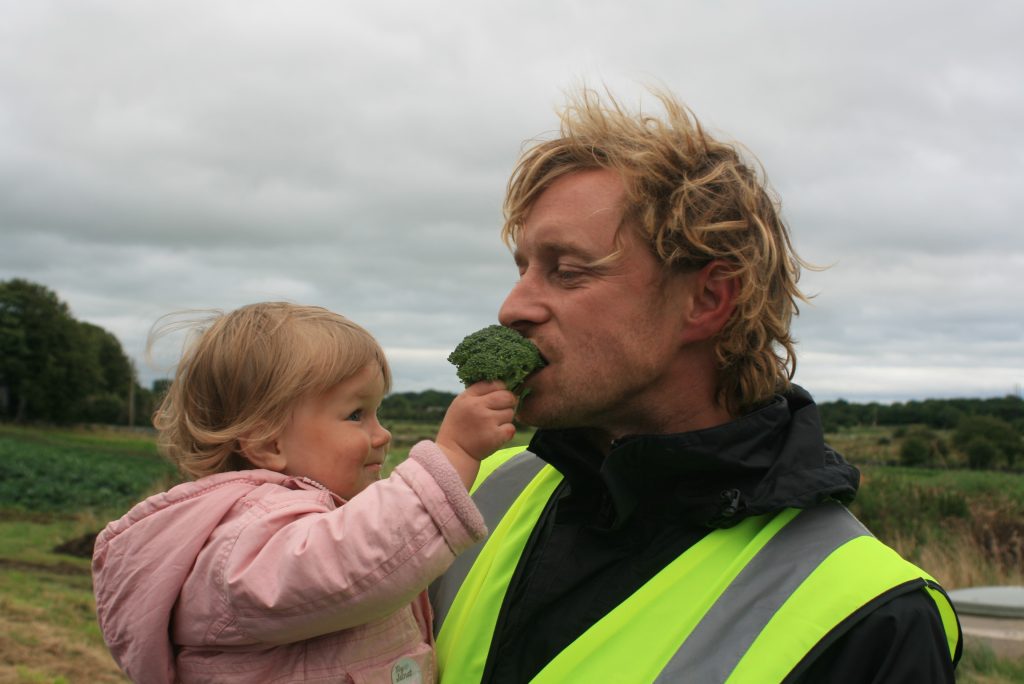
Things have changed so much in a generation.
When was the last time you tasted a freshly harvested carrot, can you remember what it should taste like? There can be such pleasure in the simple foods, and there are of course remarkable ways to cook these amazing seasonal gems.
September is a month of local seasonal plenty. The tomato season is still in full swing still, and there is a myriad of great Irish vegetables available, courgettes, leeks, swedes, cabbage, scallions, kales, beetroot, broccoli and so much more.
As an organic farmer, the arrival of September allows a sigh of relief. The relentless pressure of the summer is finally winding down and we are settling into a routine of harvest.
The trees are starting to turn, the wild-flowers have gone to seed, the hedgerows are full of berries, the bees are slowing down too, even the birds are relaxing a little, everything seems to slow down. Something we could all do a little bit more of.
September too can be a time for reflection. As a farmer the simple things like tree planting, growing hedgerows and leaving wild patches can give immense pleasure. This is easy stuff that pays the most amazing dividends for the person and the planet, but in modern food systems it is often dismissed as non sensical and left to one side in favour of production. The irony of course is that food production is facilitated and improved by all these positive things.
Cheap food has a price and a story. The real stories are hidden behind the glitzy shiny wrappers, there is always a story, a story of environmental or human exploitation.
The truth ironically can be hard to swallow, but it doesn’t have to be like this.
There are amazing and positive alternatives. Our parents chose well, they ate seasonally and locally, they ate less meat. Who doesn’t remember cabbage and turnip and the endless ways to cook potatoes!
We have more power than we realise.
We choose our phones, our clothes, our cars, our jobs, and yet our food and our planet can be relegated to the bottom of the decision pile if they are thought about at all. Time is short we are all busy but maybe just maybe they deserve a little more consideration because our choices matter a lot and when it comes to our food positive choices will improve our health and the health of our planet.
What we eat and how our food is produced can literally change the world.
Kenneth

